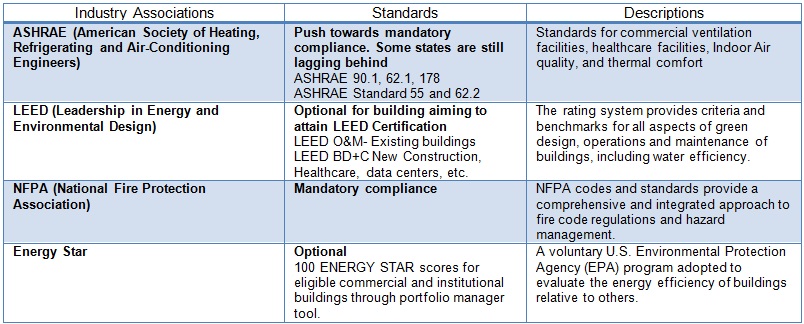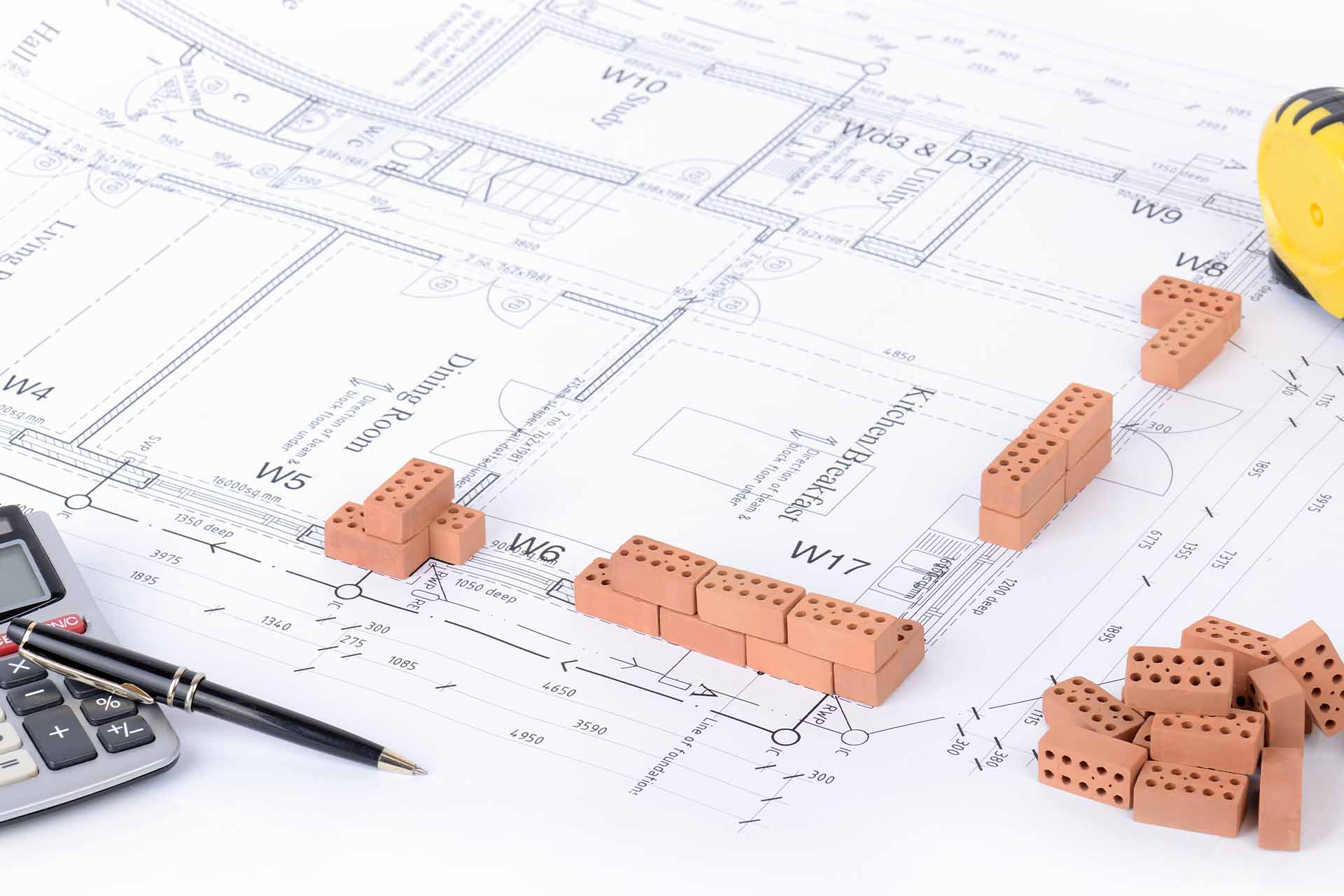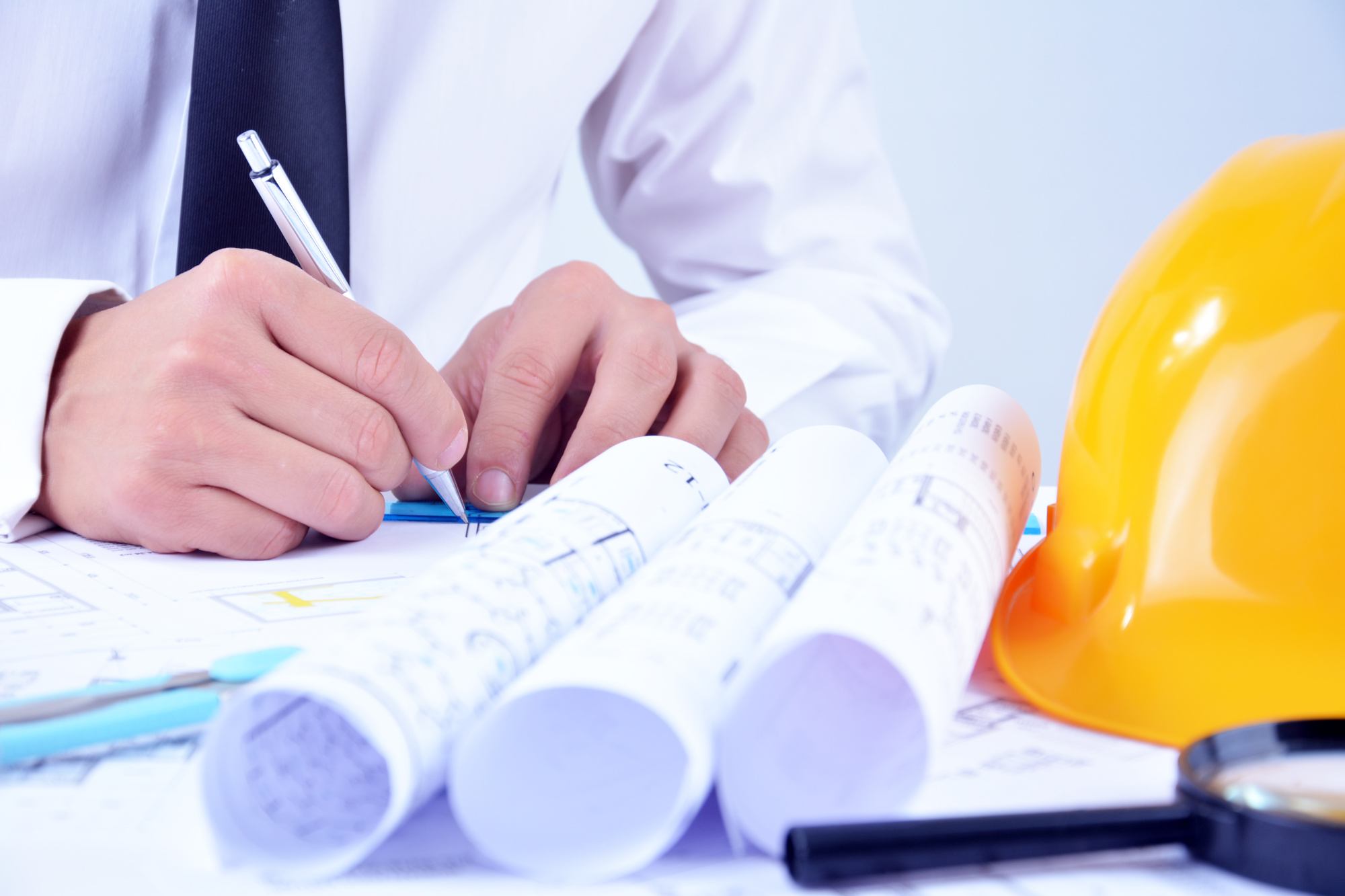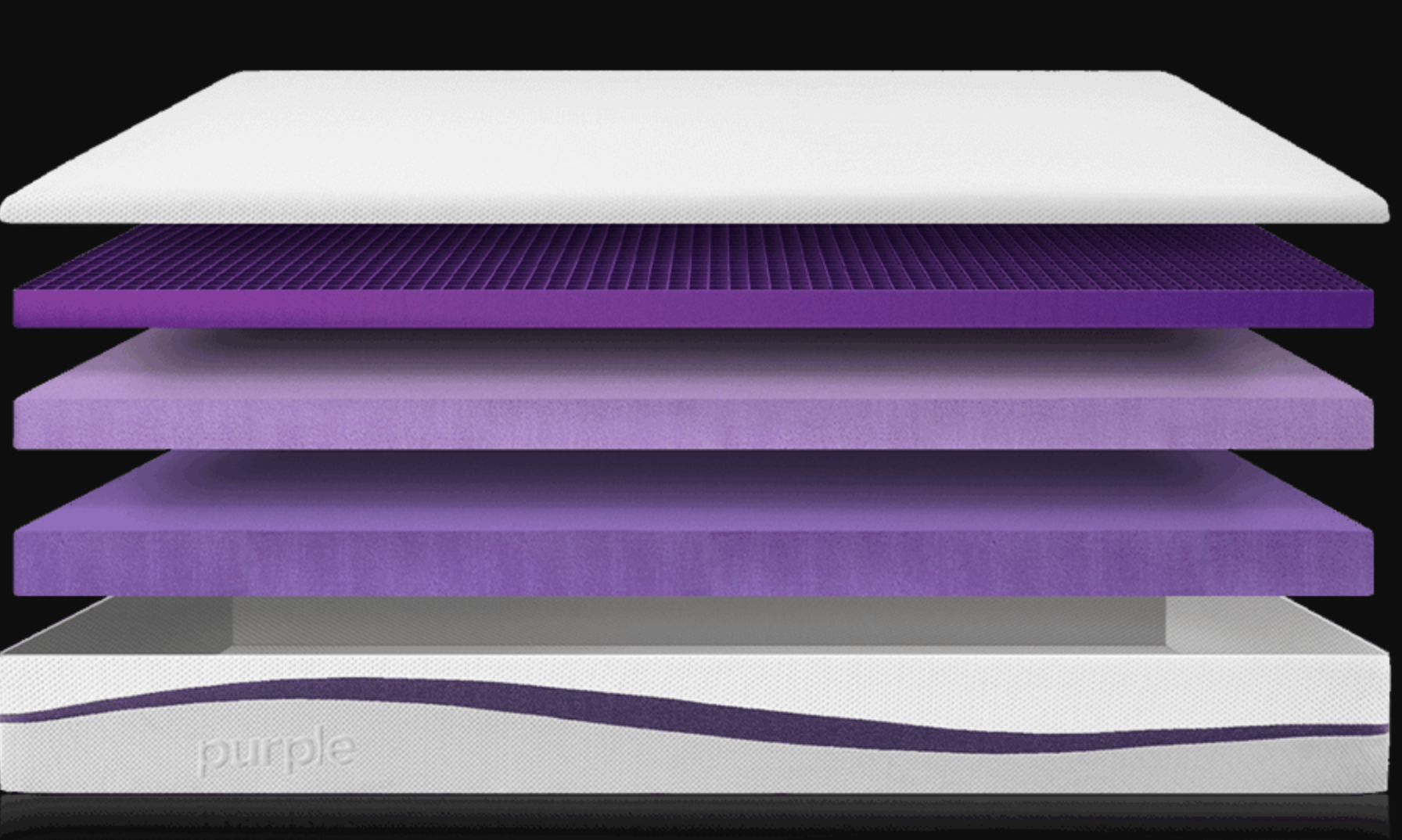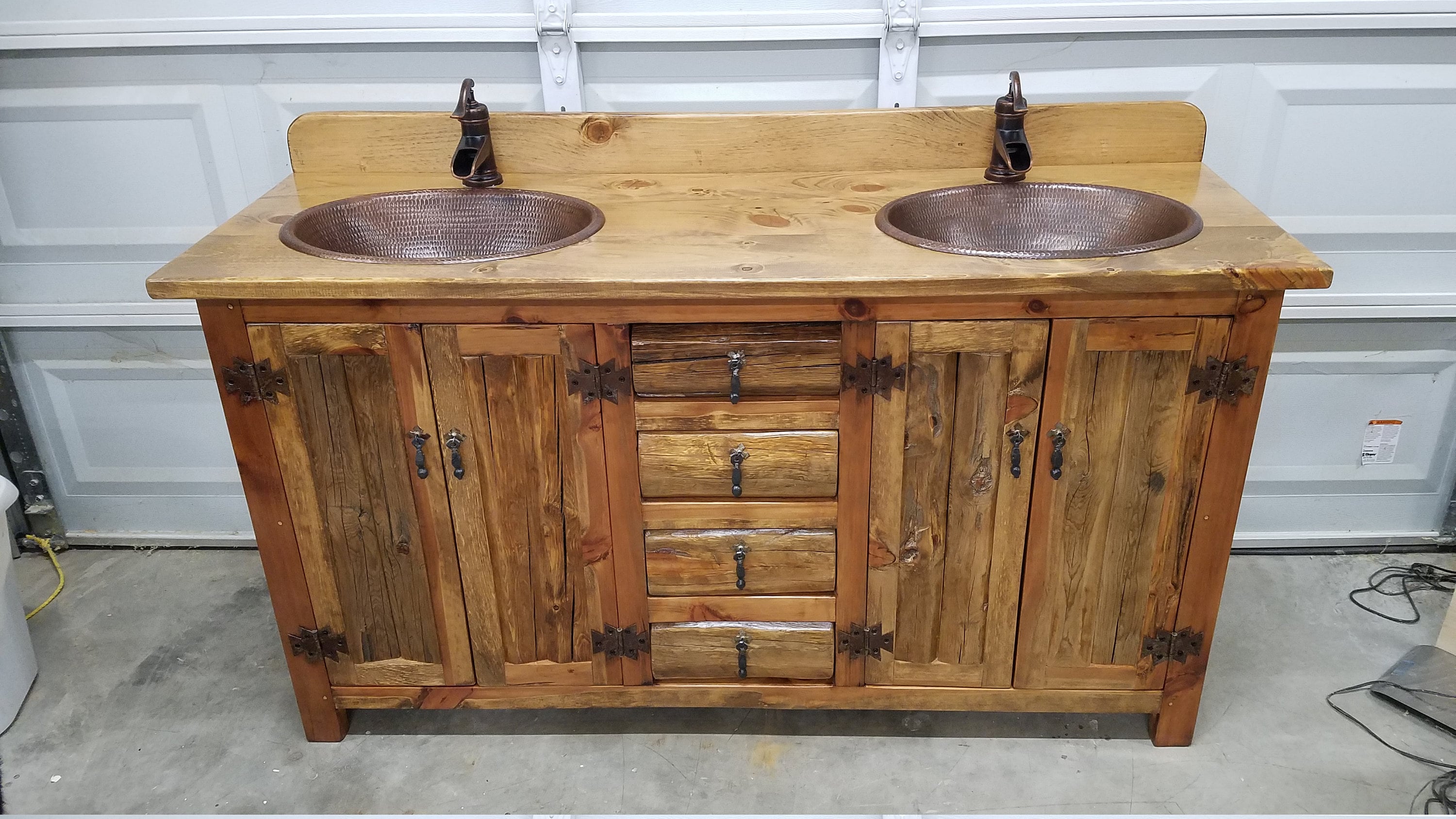One of the main factors affecting kitchen design and planning is the available space and layout. The size and shape of your kitchen will greatly impact the overall design and functionality. It is important to carefully consider the layout and make the most of the available space to create a practical and efficient kitchen.Space and Layout
Lighting is an essential aspect of kitchen design that often gets overlooked. Not only does it provide functionality and visibility, but it also sets the mood and ambience of the space. Proper lighting can make a small kitchen feel more spacious and can also highlight key features and design elements. It is important to consider a combination of natural and artificial lighting to create a well-lit and inviting kitchen.Lighting
A kitchen needs to be functional above all else. It should be designed to make cooking, cleaning, and other tasks as easy and efficient as possible. This includes the placement of appliances, work surfaces, and storage solutions. A well-designed kitchen should allow for smooth movement and workflow, making it a pleasure to use every day.Functionality
Storage is a crucial factor in kitchen design and planning. It is important to have enough storage space for all your kitchen essentials, including appliances, cookware, and pantry items. The type and layout of storage solutions, such as cabinets, drawers, and shelves, should also be carefully considered to maximize space and functionality.Storage
The choice and placement of appliances can greatly impact the design and functionality of a kitchen. When planning your kitchen, consider your cooking and cleaning habits and choose appliances that suit your needs. Make sure they are conveniently placed and integrated into the design for a seamless and efficient kitchen.Appliances
Your budget is a significant factor in kitchen design and planning. It will determine the materials, finishes, and features you can include in your kitchen. It is important to prioritize your budget and allocate it towards the most essential aspects of your kitchen, such as storage and appliances.Budget
Your personal style and preferences should also be considered when designing your kitchen. The design should reflect your taste and personality, creating a space that you will love and enjoy spending time in. Whether you prefer a traditional, modern, or eclectic style, it is important to incorporate elements that reflect your unique style.Personal Style
Accessibility is an important factor to consider when designing a kitchen. It is essential to create a kitchen that is accessible and easy to use for all individuals, regardless of age or mobility. This can include features such as lowered countertops and cabinets, lever handles, and open floor space for wheelchair access.Accessibility
With the increasing focus on sustainability and environmental impact, it is important to consider these factors in kitchen design and planning. Choose eco-friendly materials and appliances that are energy-efficient to reduce your carbon footprint. Consider incorporating natural elements such as plants and natural lighting to create a more environmentally friendly kitchen.Environmental Impact
When designing and planning a kitchen, it is important to adhere to building codes and regulations. These laws and guidelines ensure the safety and functionality of your kitchen. Make sure to consult with a professional or do your research to ensure your kitchen design meets all necessary requirements.Building Codes and Regulations
Factors Affecting Kitchen Design and Planning

Maximizing Space and Functionality
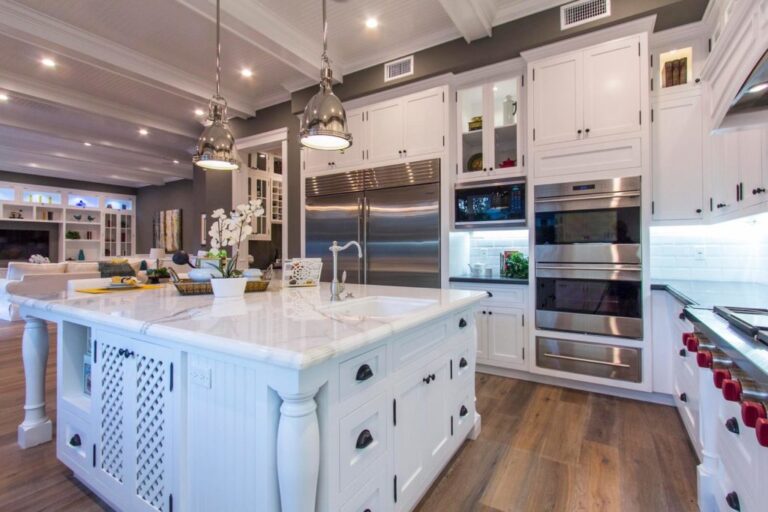 When it comes to kitchen design and planning, one of the most important factors to consider is maximizing space and functionality. A well-designed kitchen should not only look aesthetically pleasing, but it should also serve its purpose efficiently.
Space-efficient
kitchen design
is crucial, especially for smaller homes where every inch of space counts. This can be achieved through careful planning and utilization of storage solutions such as
cabinets
,
drawers
, and
pantry organizers
to keep the kitchen clutter-free and organized. Additionally, incorporating
multi-functional
elements such as
kitchen islands
or
breakfast bars
can provide extra counter space for food preparation and can also serve as a dining area, saving valuable space in the kitchen.
When it comes to kitchen design and planning, one of the most important factors to consider is maximizing space and functionality. A well-designed kitchen should not only look aesthetically pleasing, but it should also serve its purpose efficiently.
Space-efficient
kitchen design
is crucial, especially for smaller homes where every inch of space counts. This can be achieved through careful planning and utilization of storage solutions such as
cabinets
,
drawers
, and
pantry organizers
to keep the kitchen clutter-free and organized. Additionally, incorporating
multi-functional
elements such as
kitchen islands
or
breakfast bars
can provide extra counter space for food preparation and can also serve as a dining area, saving valuable space in the kitchen.
Personalization and User Experience
 Another important factor to consider in kitchen design and planning is personalization and user experience. Every household has different needs and preferences, and a well-designed kitchen should reflect that.
Customization
is key when it comes to creating a kitchen that fits the needs and lifestyle of the homeowner. From
cabinet
layouts
to
lighting
fixtures
, every aspect of the kitchen should be tailored to the specific needs and preferences of the homeowner. Furthermore,
ergonomics
plays a crucial role in the
user experience
of the kitchen. By carefully considering the placement of appliances, sinks, and work surfaces, the kitchen can be designed to be efficient and comfortable to use.
Another important factor to consider in kitchen design and planning is personalization and user experience. Every household has different needs and preferences, and a well-designed kitchen should reflect that.
Customization
is key when it comes to creating a kitchen that fits the needs and lifestyle of the homeowner. From
cabinet
layouts
to
lighting
fixtures
, every aspect of the kitchen should be tailored to the specific needs and preferences of the homeowner. Furthermore,
ergonomics
plays a crucial role in the
user experience
of the kitchen. By carefully considering the placement of appliances, sinks, and work surfaces, the kitchen can be designed to be efficient and comfortable to use.
Budget and Longevity
 Lastly, budget and longevity are important factors to keep in mind when designing and planning a kitchen. The kitchen is often considered the heart of the home, and it is a significant investment that should last for many years. Therefore, it is crucial to consider the
quality
and
durability
of materials used in the kitchen, such as
countertops
,
cabinets
, and
flooring
. While it may be tempting to opt for cheaper options, investing in high-quality materials can save money in the long run by reducing the need for frequent repairs or replacements. Additionally, setting a budget and sticking to it can help prevent overspending and ensure that the kitchen design and planning process remains within financial means.
In conclusion,
kitchen design and planning
is a complex process that involves careful consideration of various factors such as
space efficiency
,
personalization
,
user experience
, and
budget
. By keeping these factors in mind and working with a professional designer, homeowners can create a kitchen that not only looks beautiful but also meets their functional needs and stands the test of time.
Lastly, budget and longevity are important factors to keep in mind when designing and planning a kitchen. The kitchen is often considered the heart of the home, and it is a significant investment that should last for many years. Therefore, it is crucial to consider the
quality
and
durability
of materials used in the kitchen, such as
countertops
,
cabinets
, and
flooring
. While it may be tempting to opt for cheaper options, investing in high-quality materials can save money in the long run by reducing the need for frequent repairs or replacements. Additionally, setting a budget and sticking to it can help prevent overspending and ensure that the kitchen design and planning process remains within financial means.
In conclusion,
kitchen design and planning
is a complex process that involves careful consideration of various factors such as
space efficiency
,
personalization
,
user experience
, and
budget
. By keeping these factors in mind and working with a professional designer, homeowners can create a kitchen that not only looks beautiful but also meets their functional needs and stands the test of time.
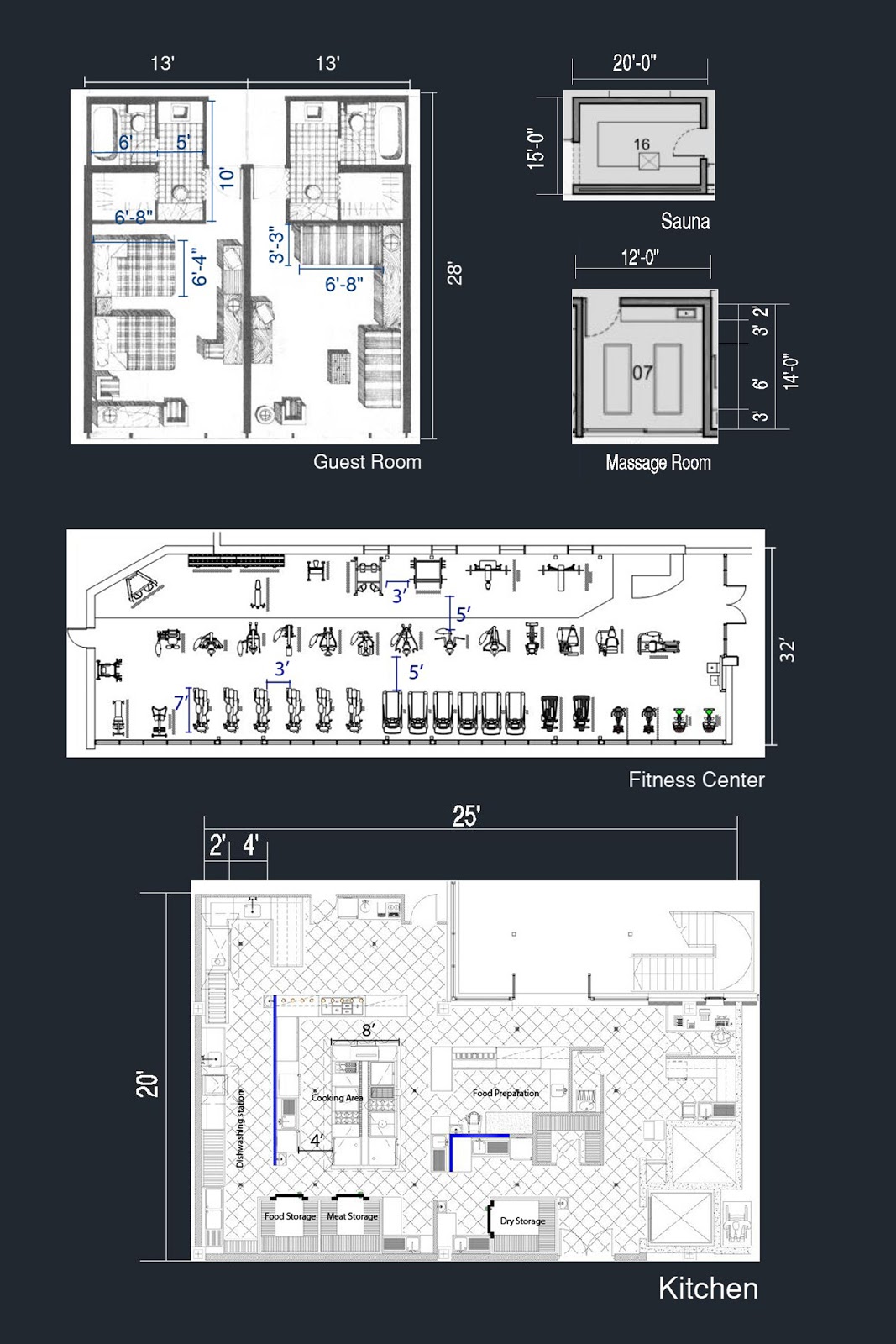



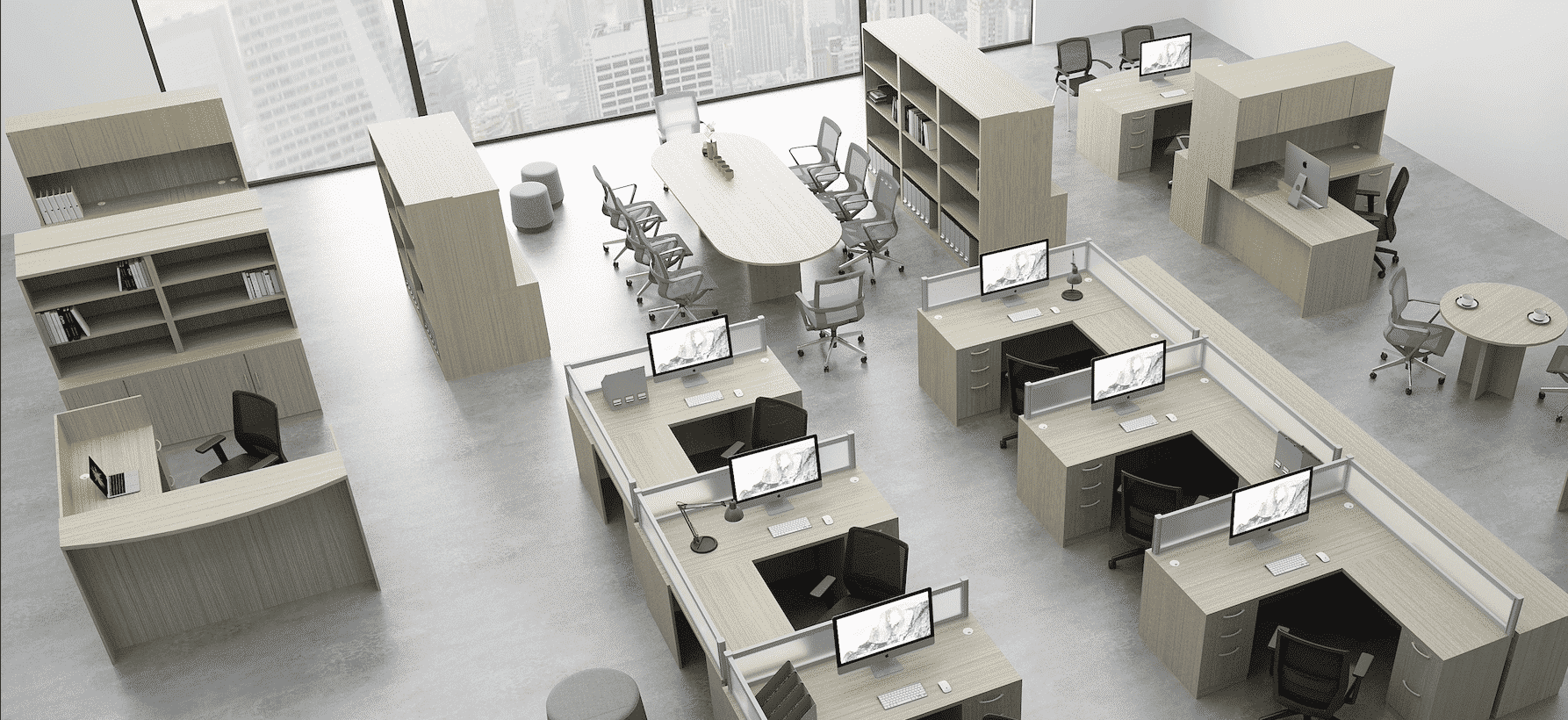


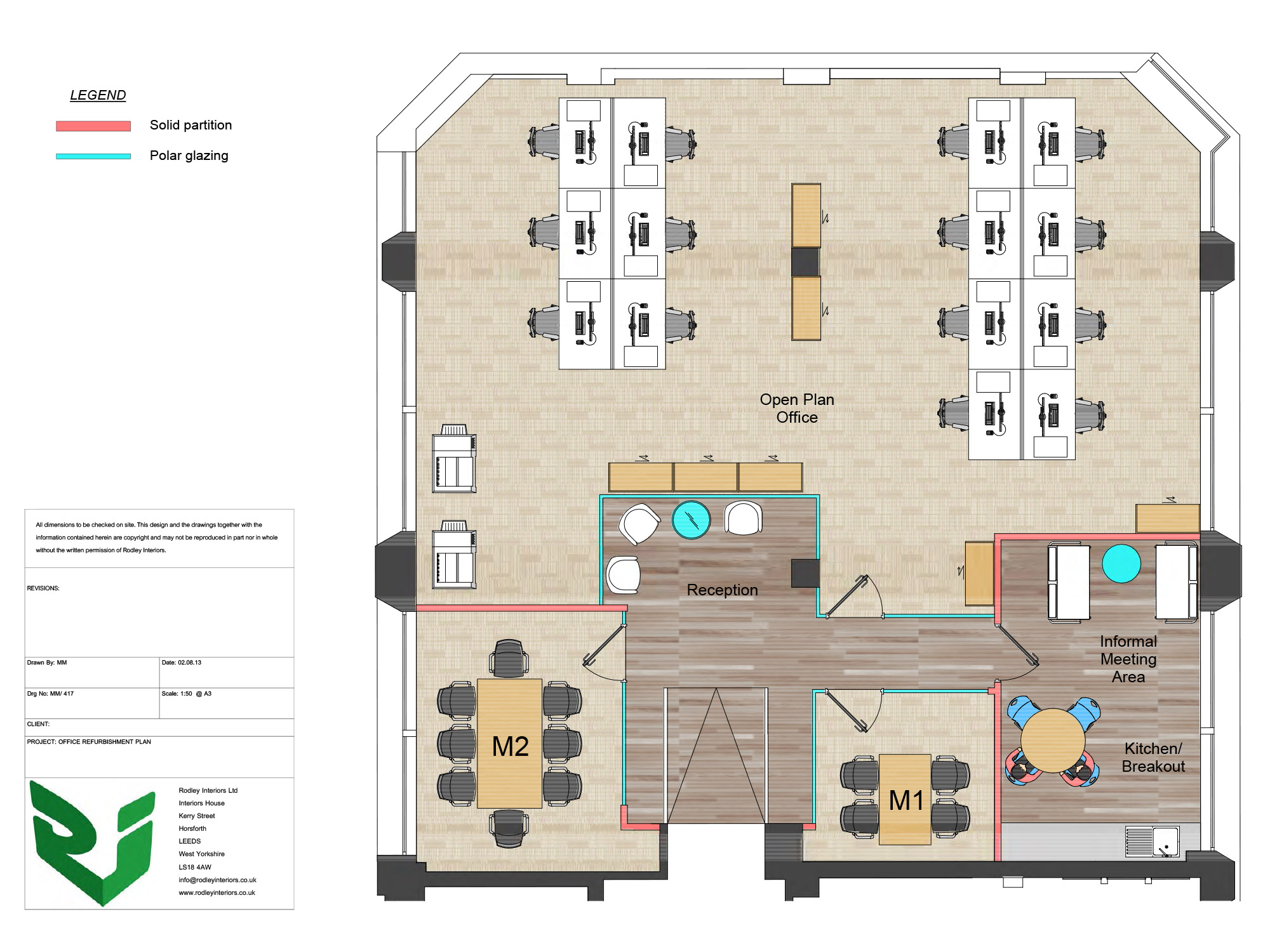
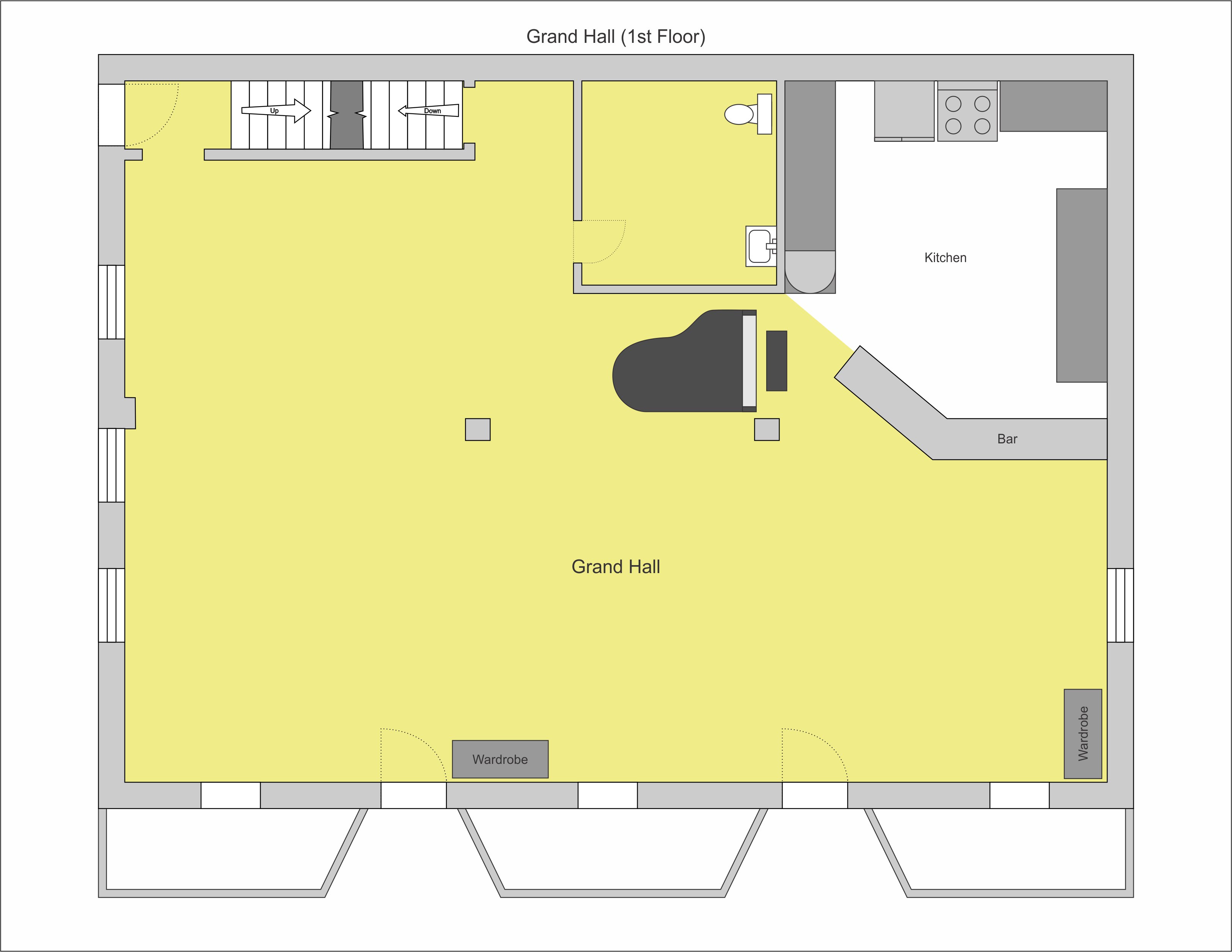
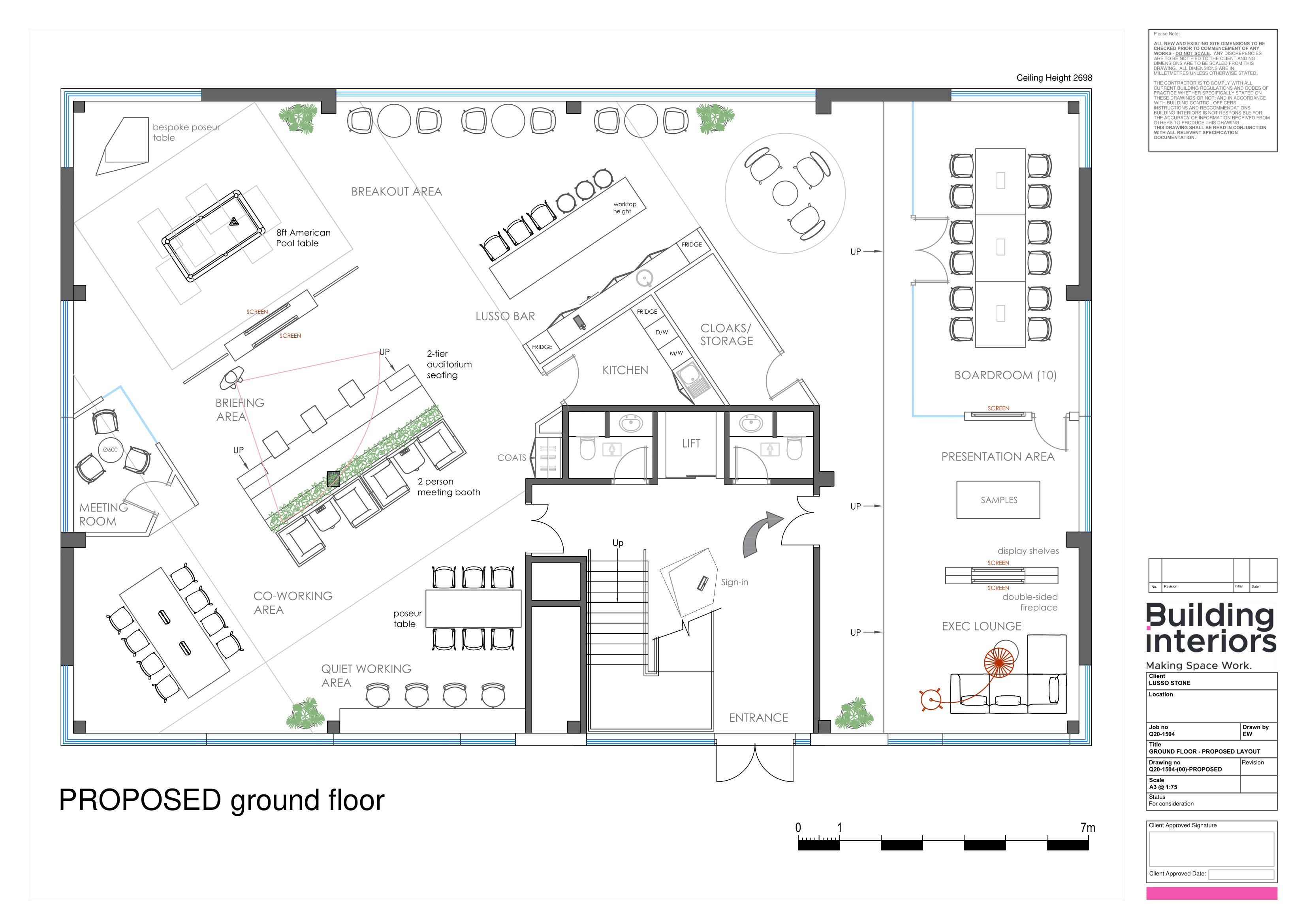


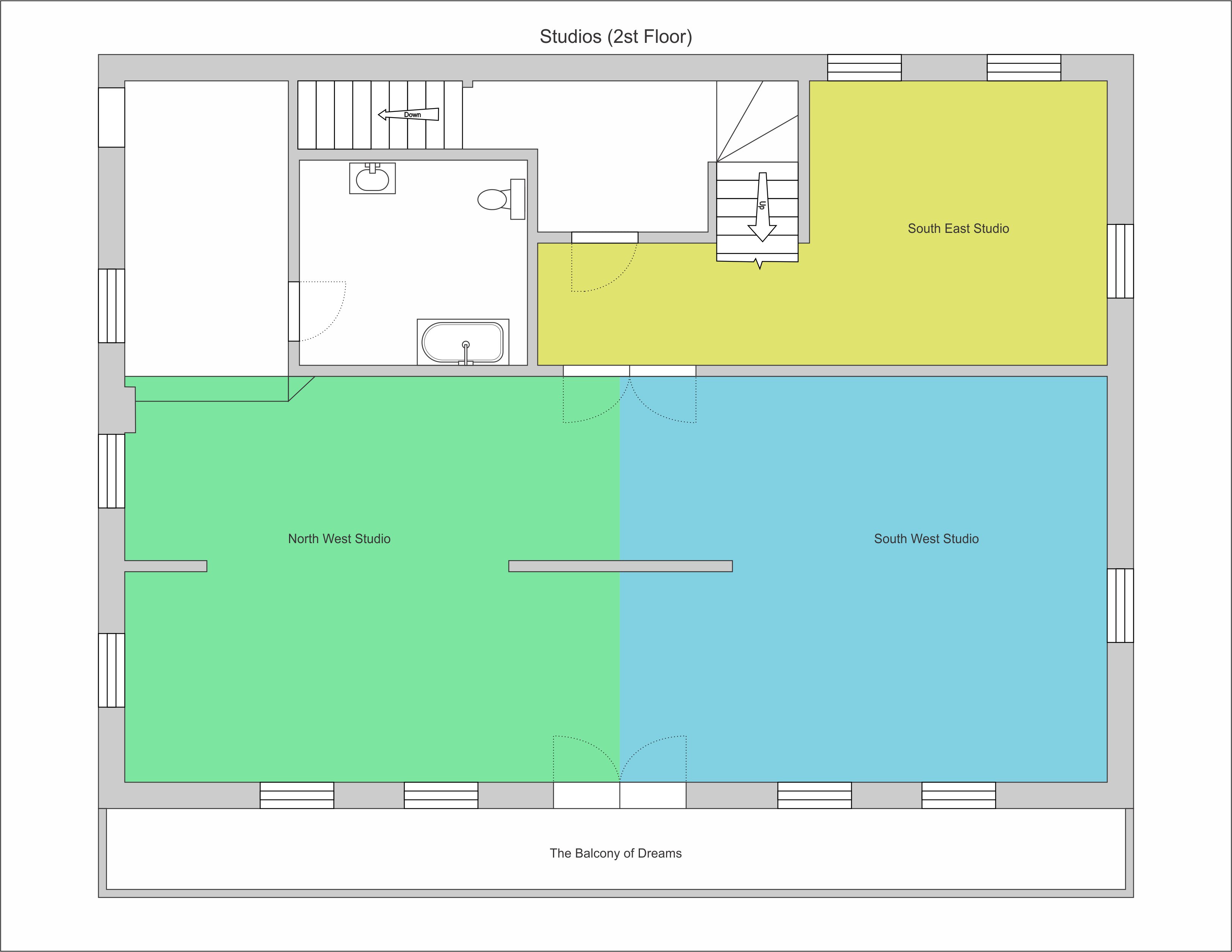
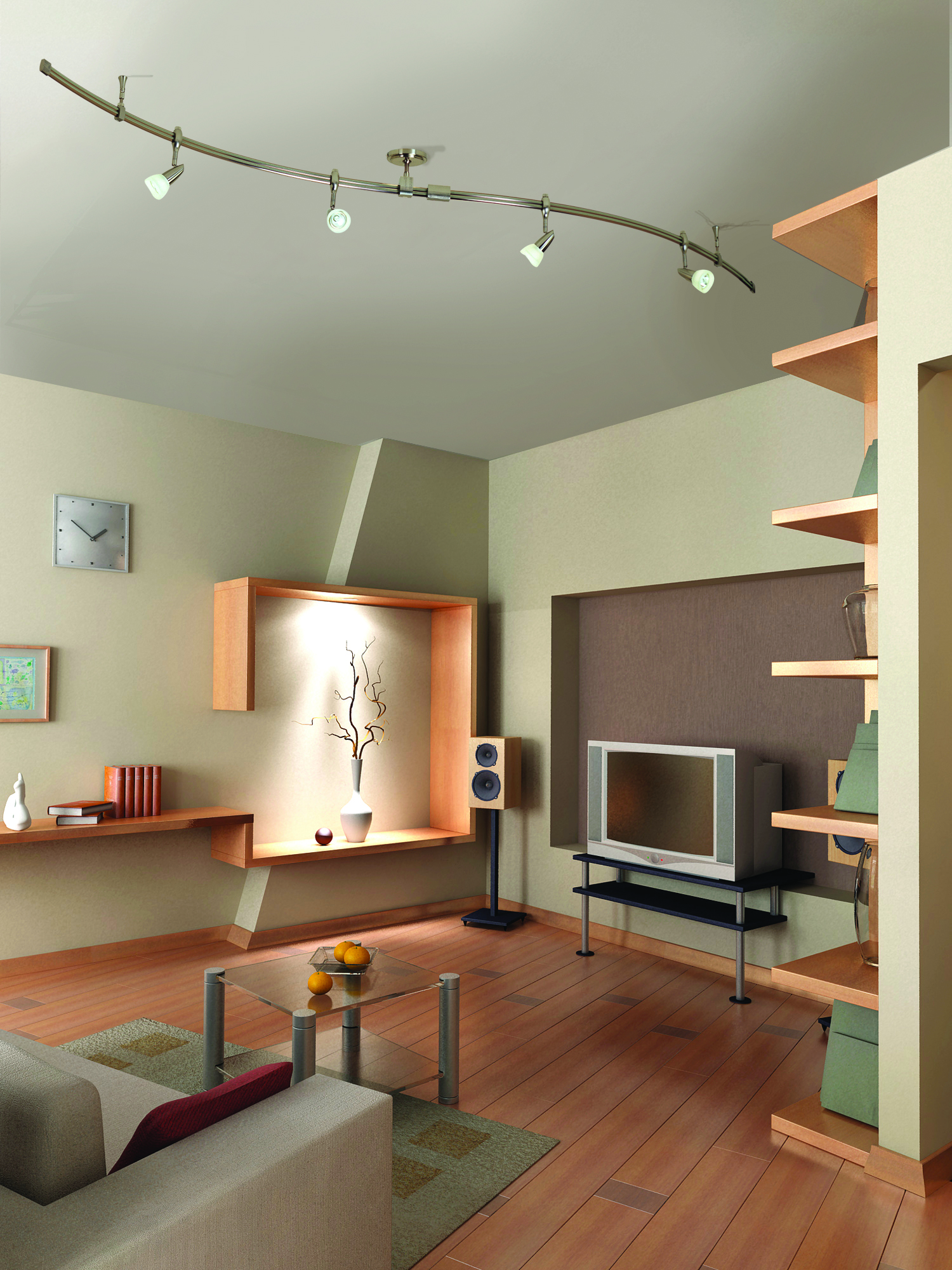
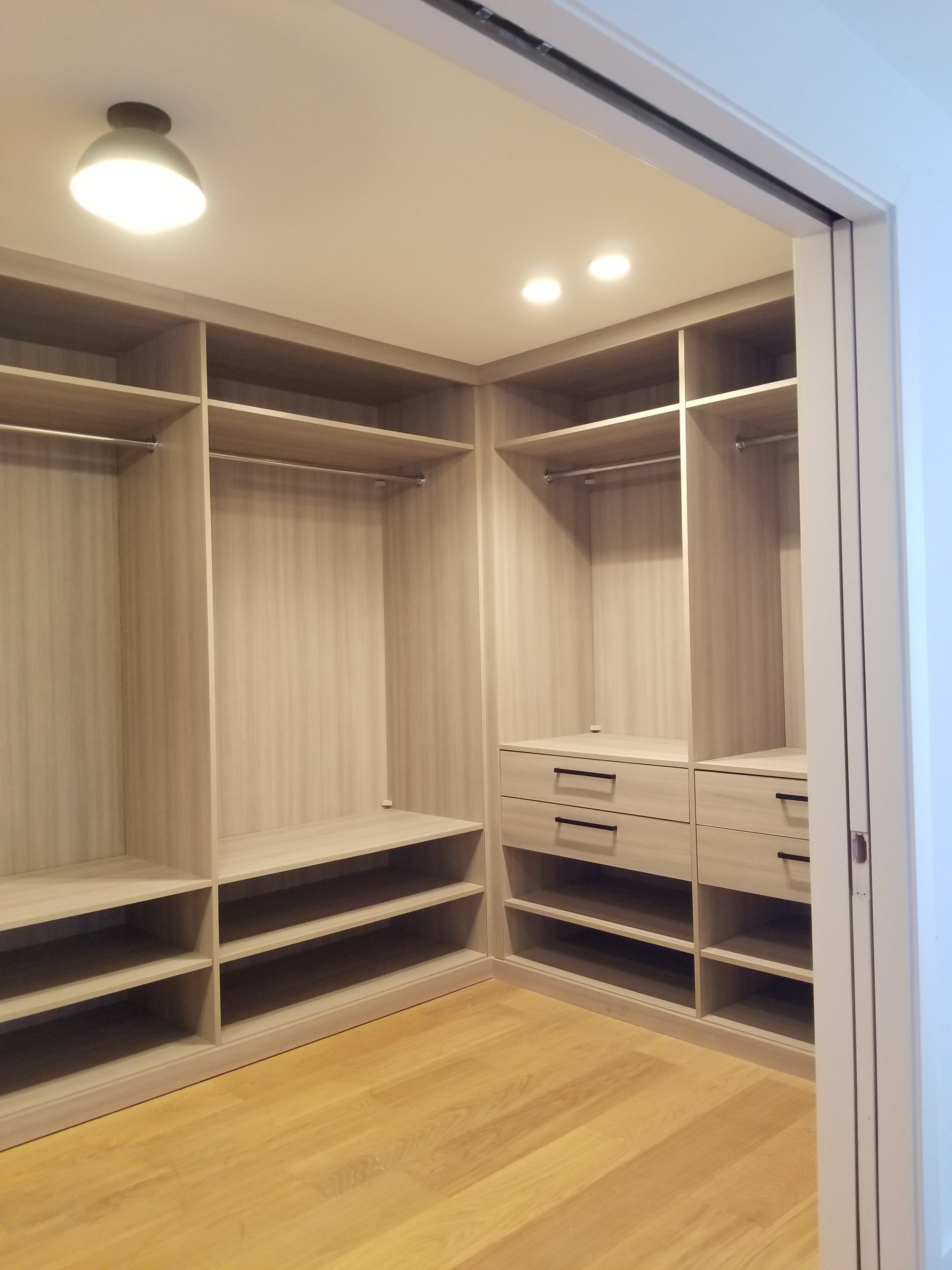

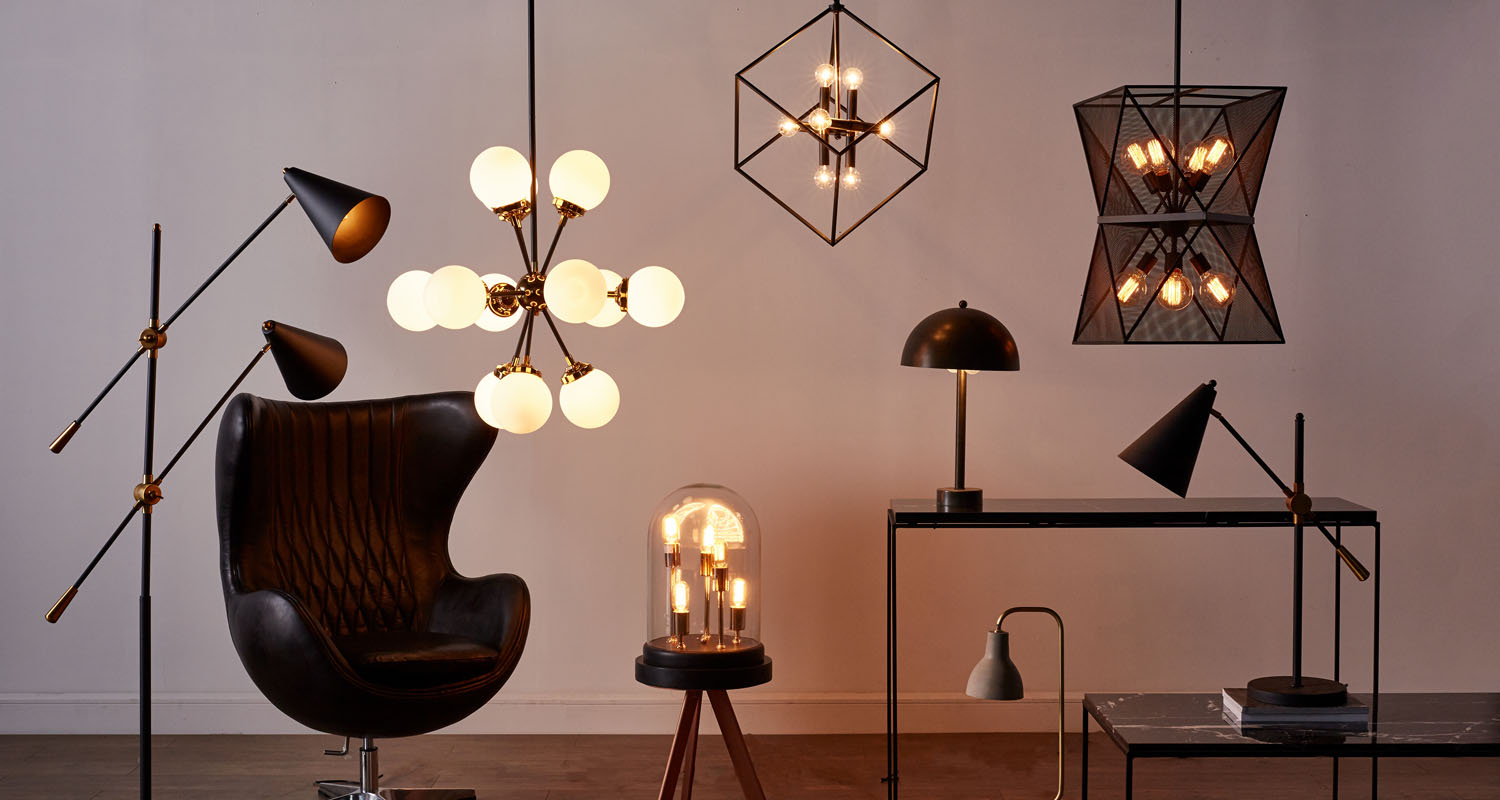

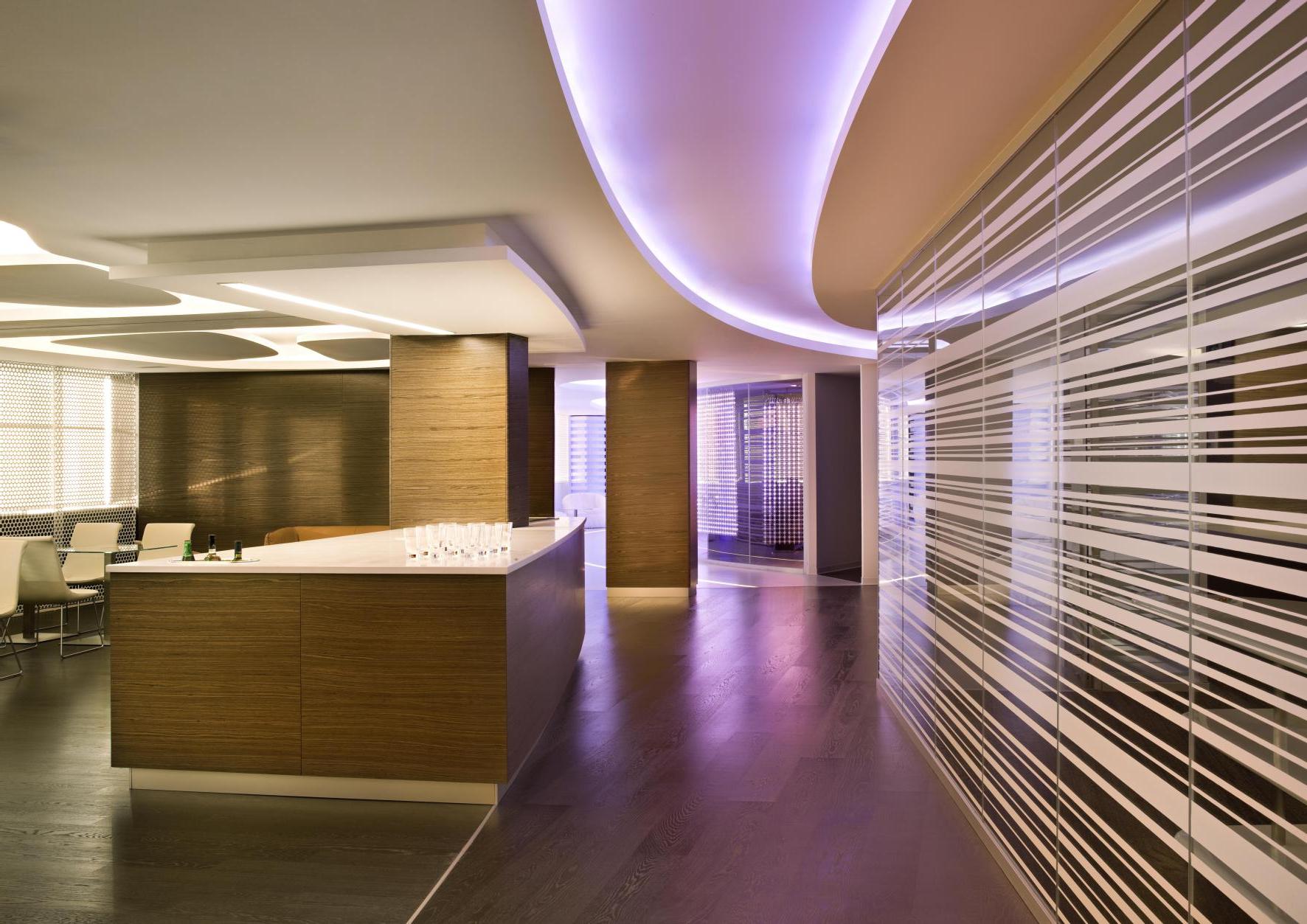
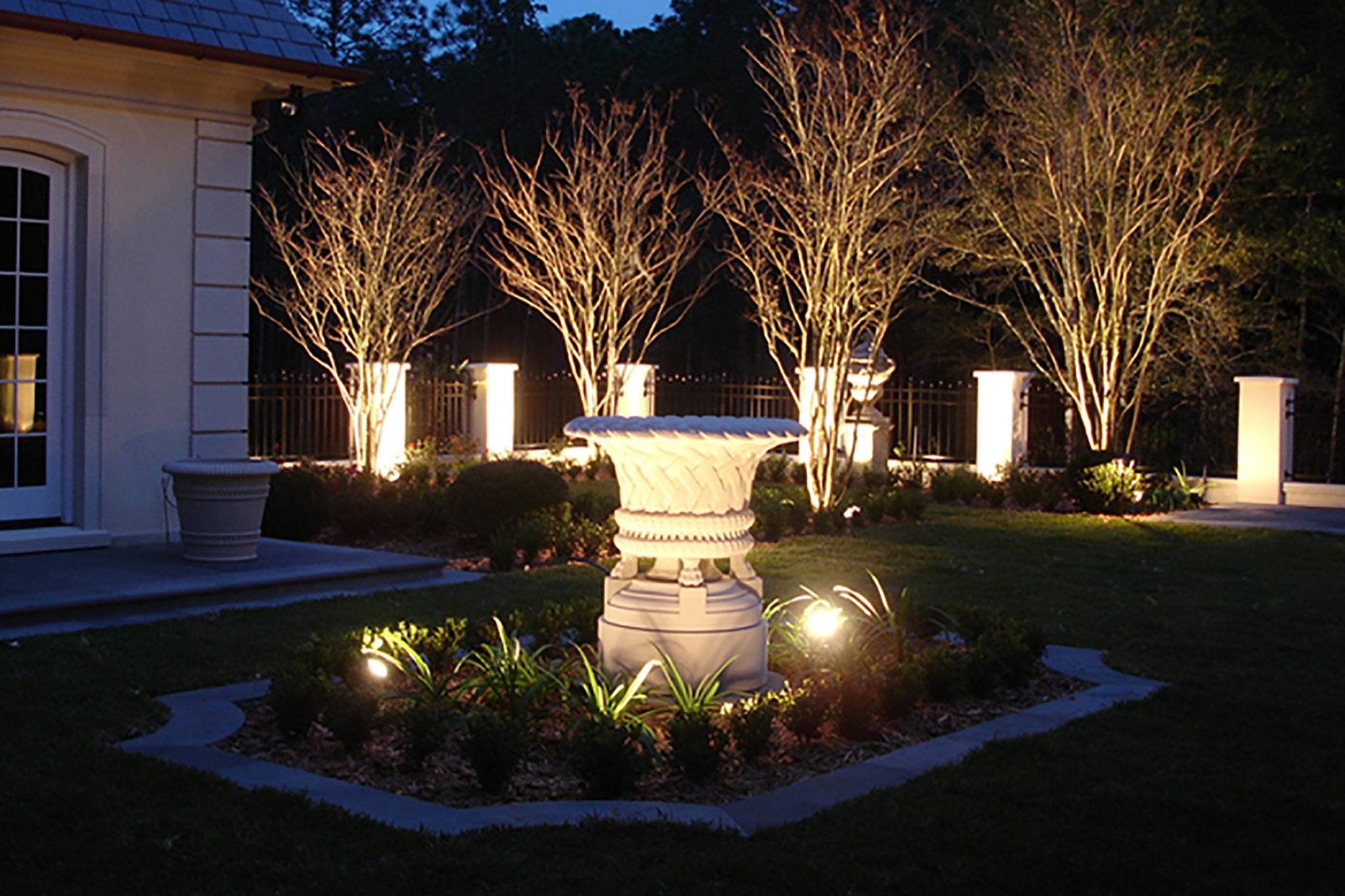
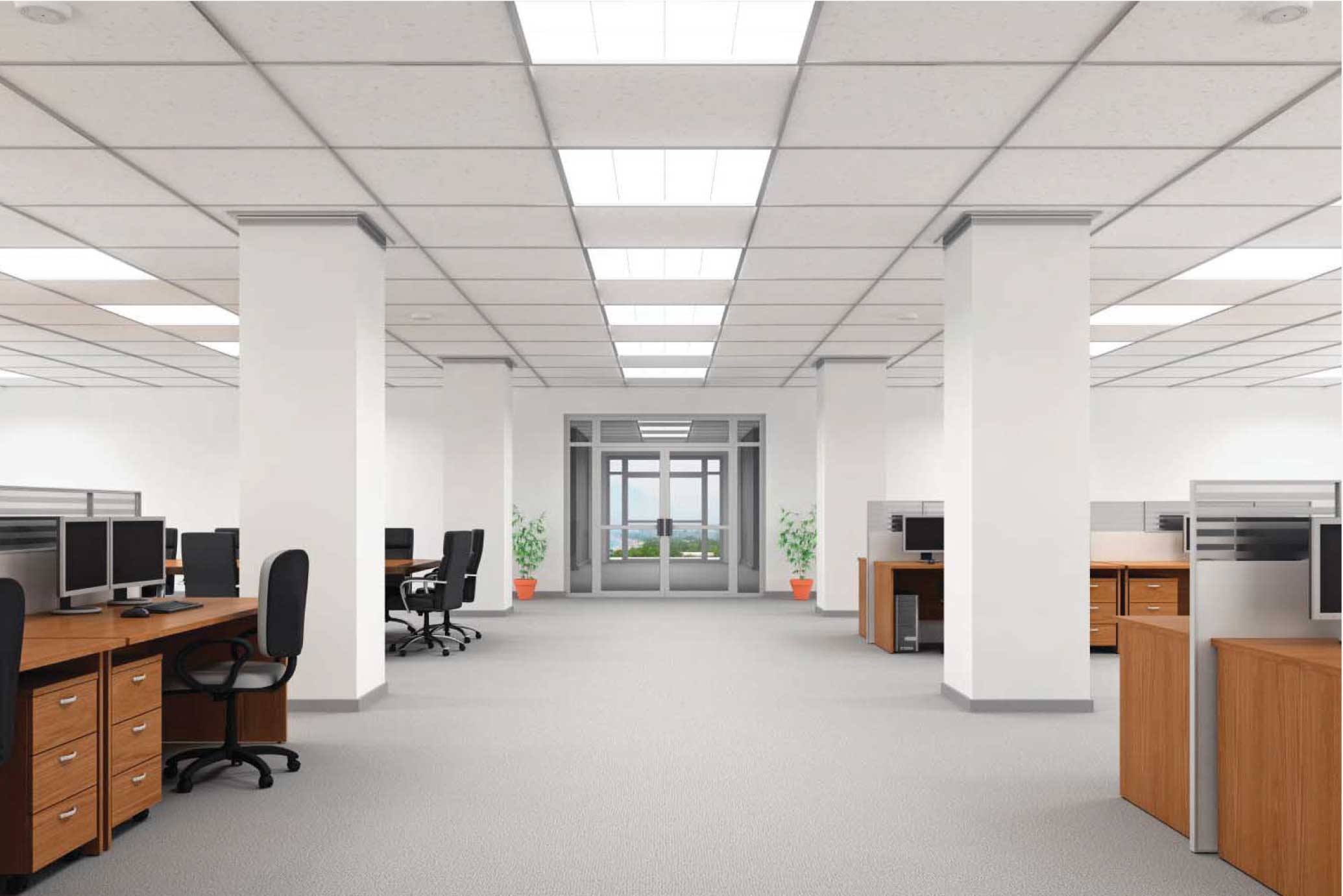

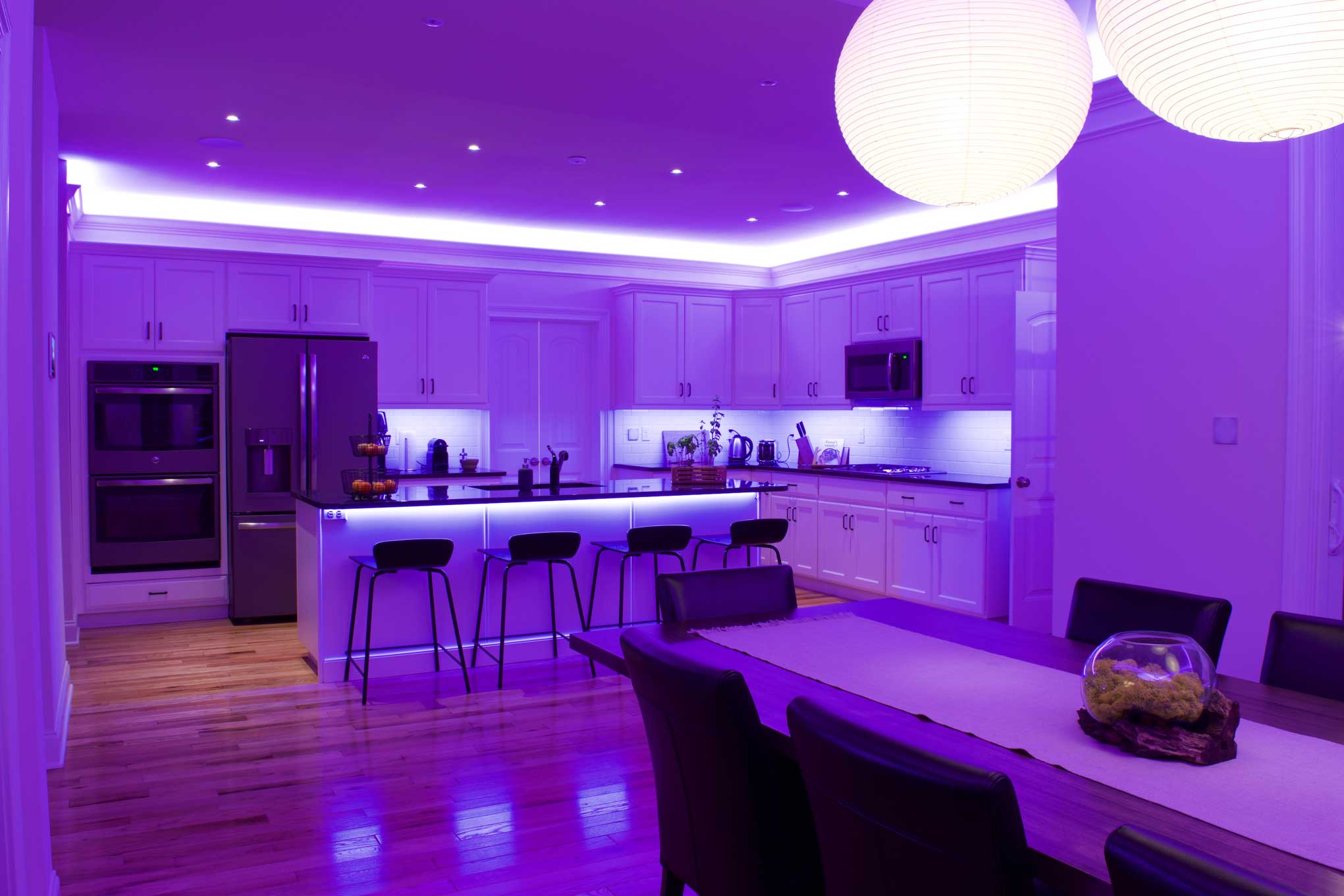
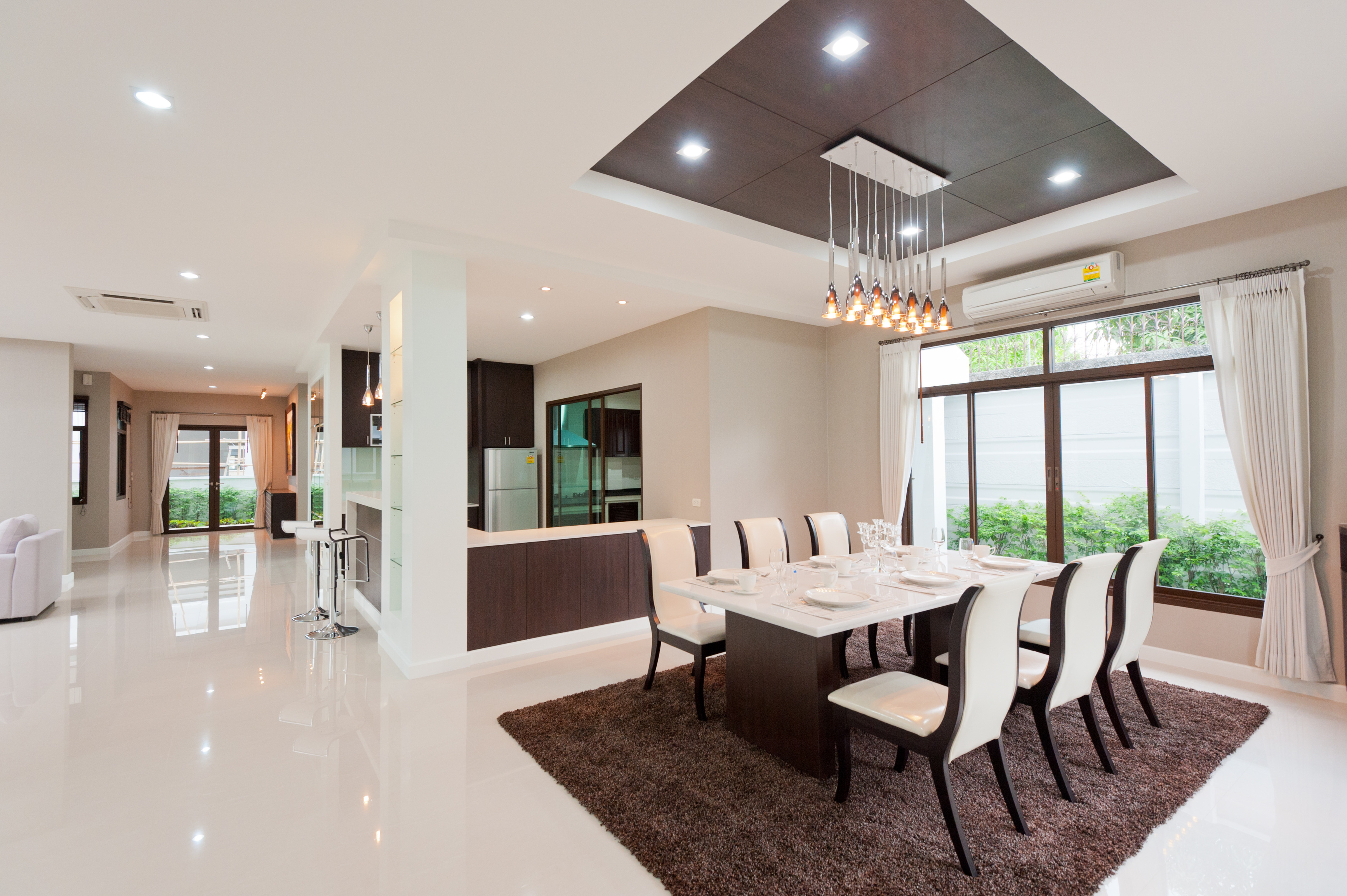



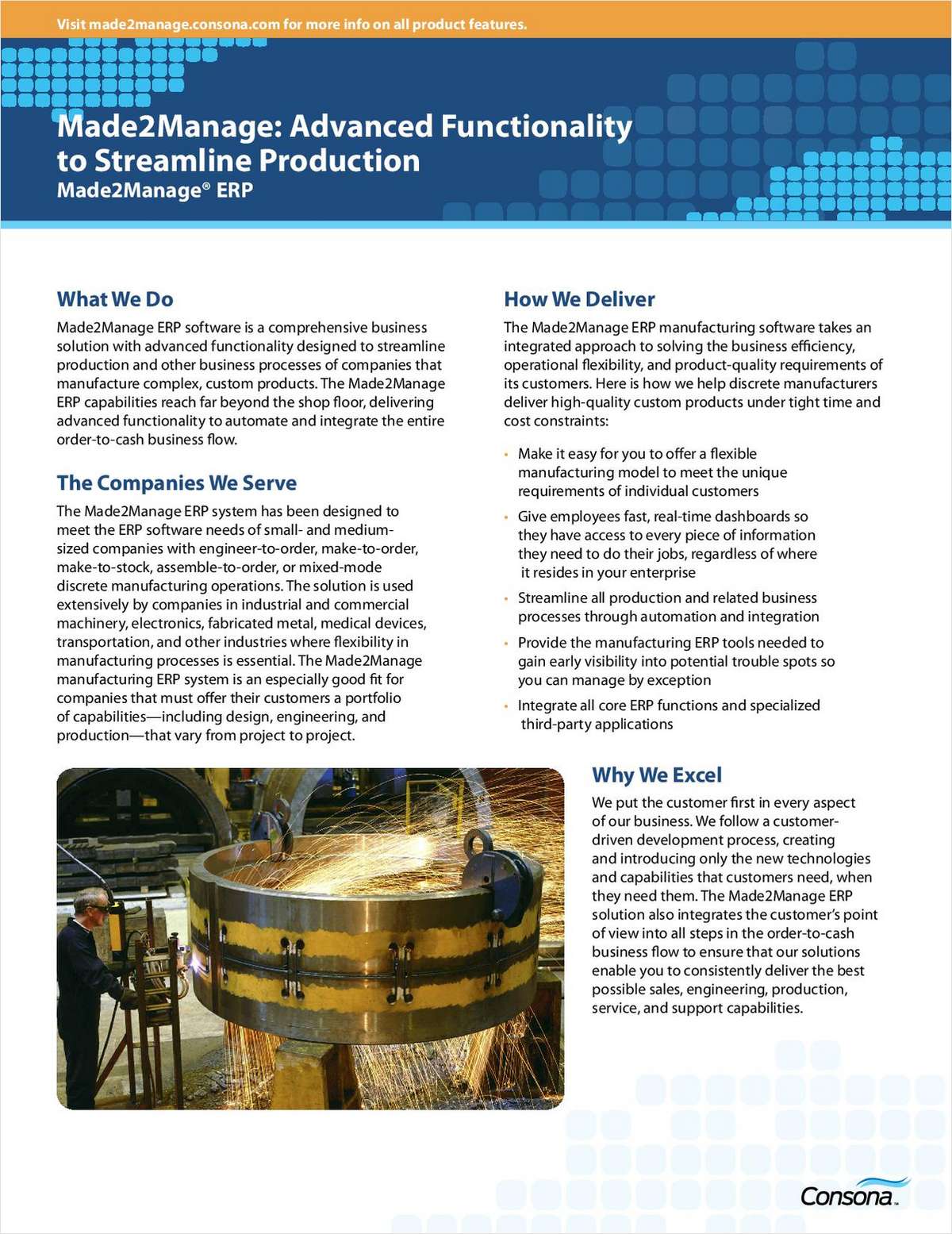

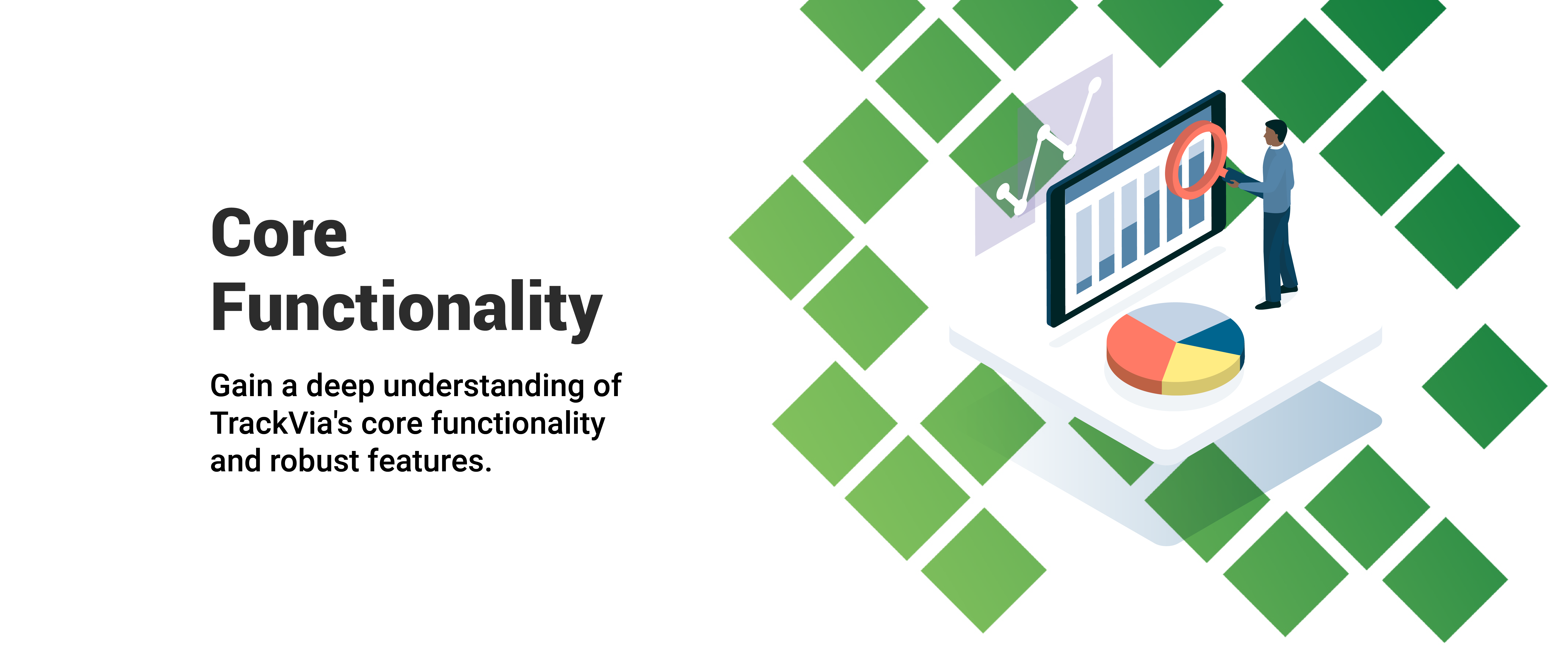

/182786404-56a9f6725f9b58b7d00038e0.jpg)






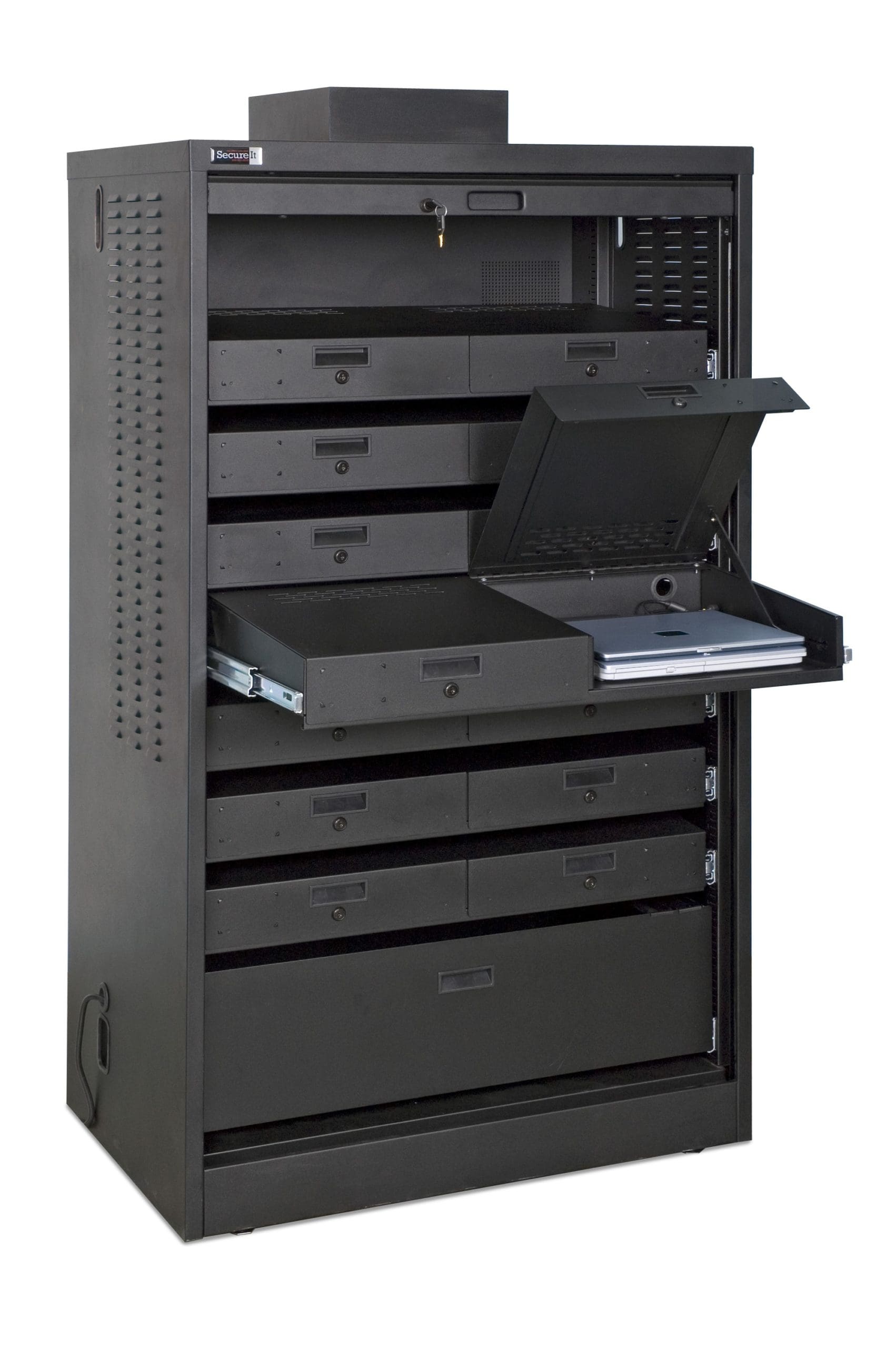

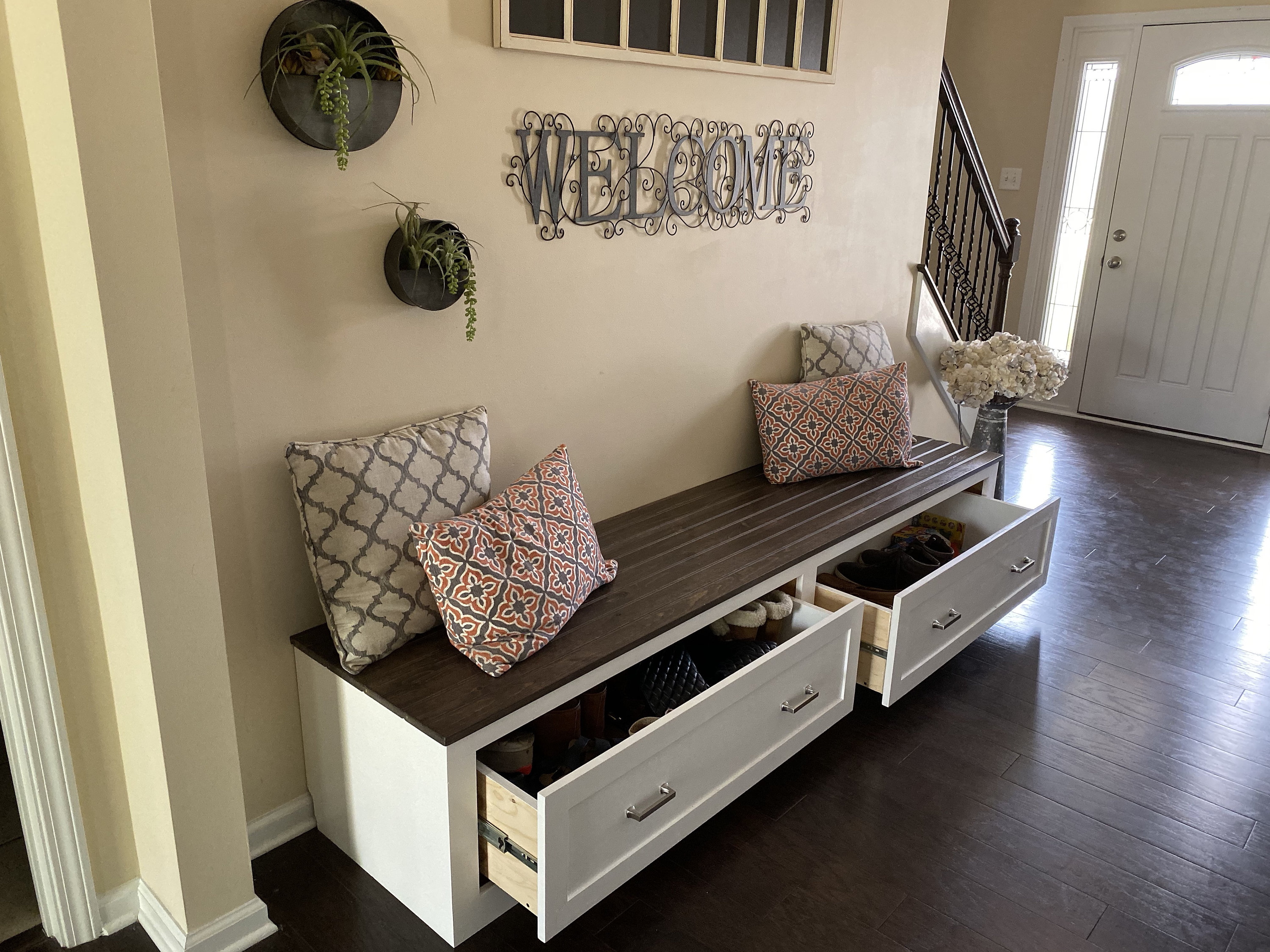


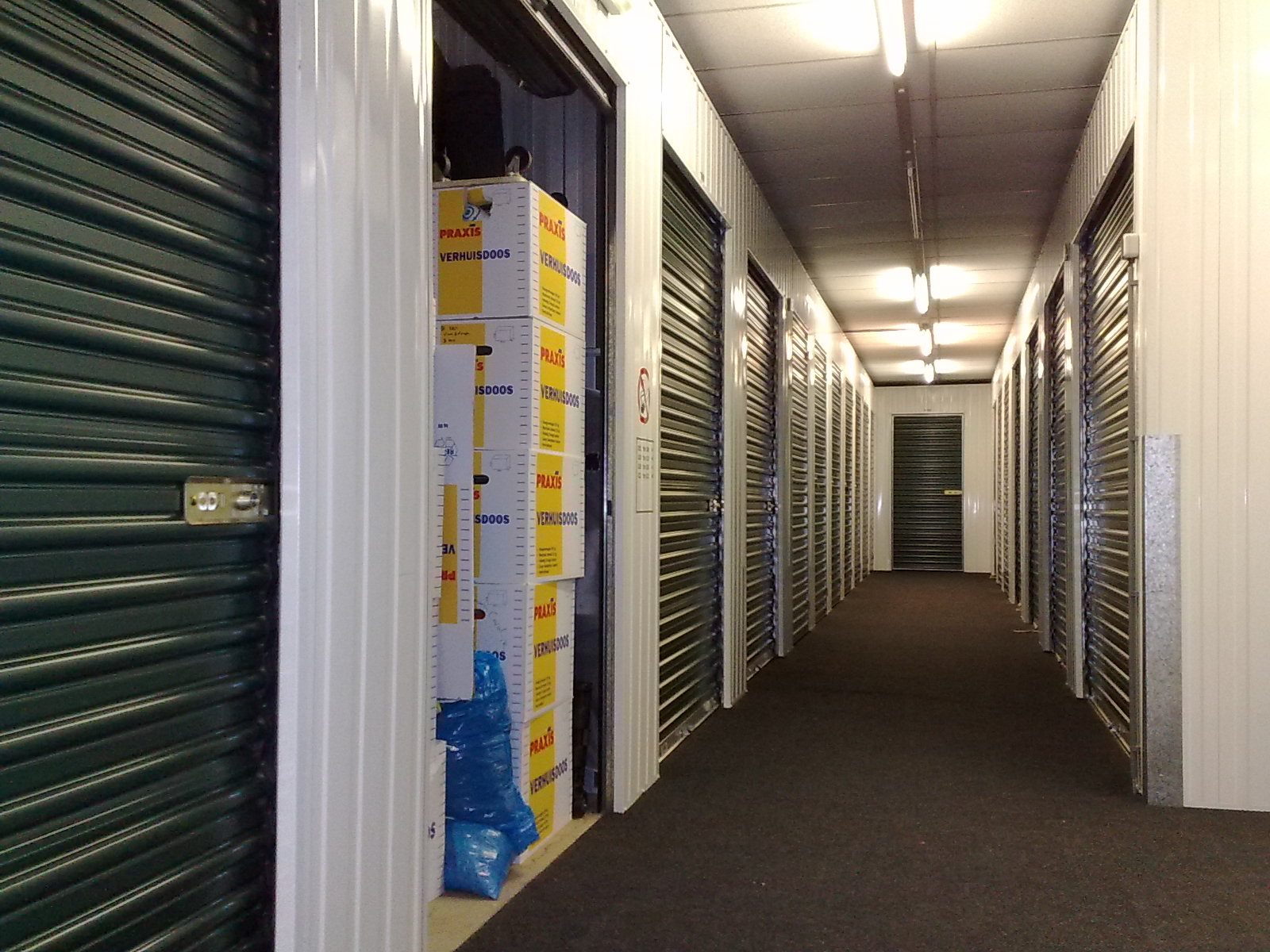

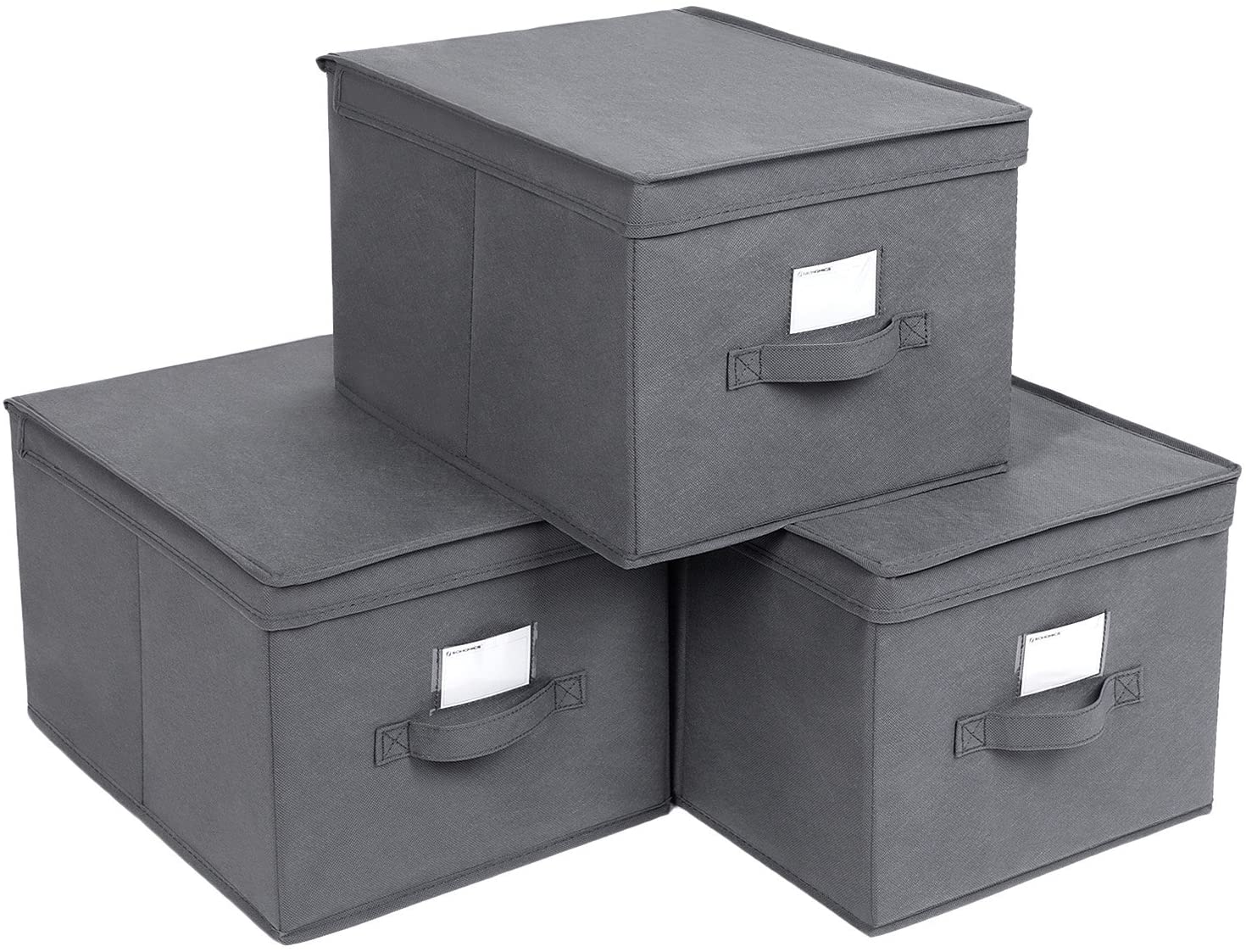
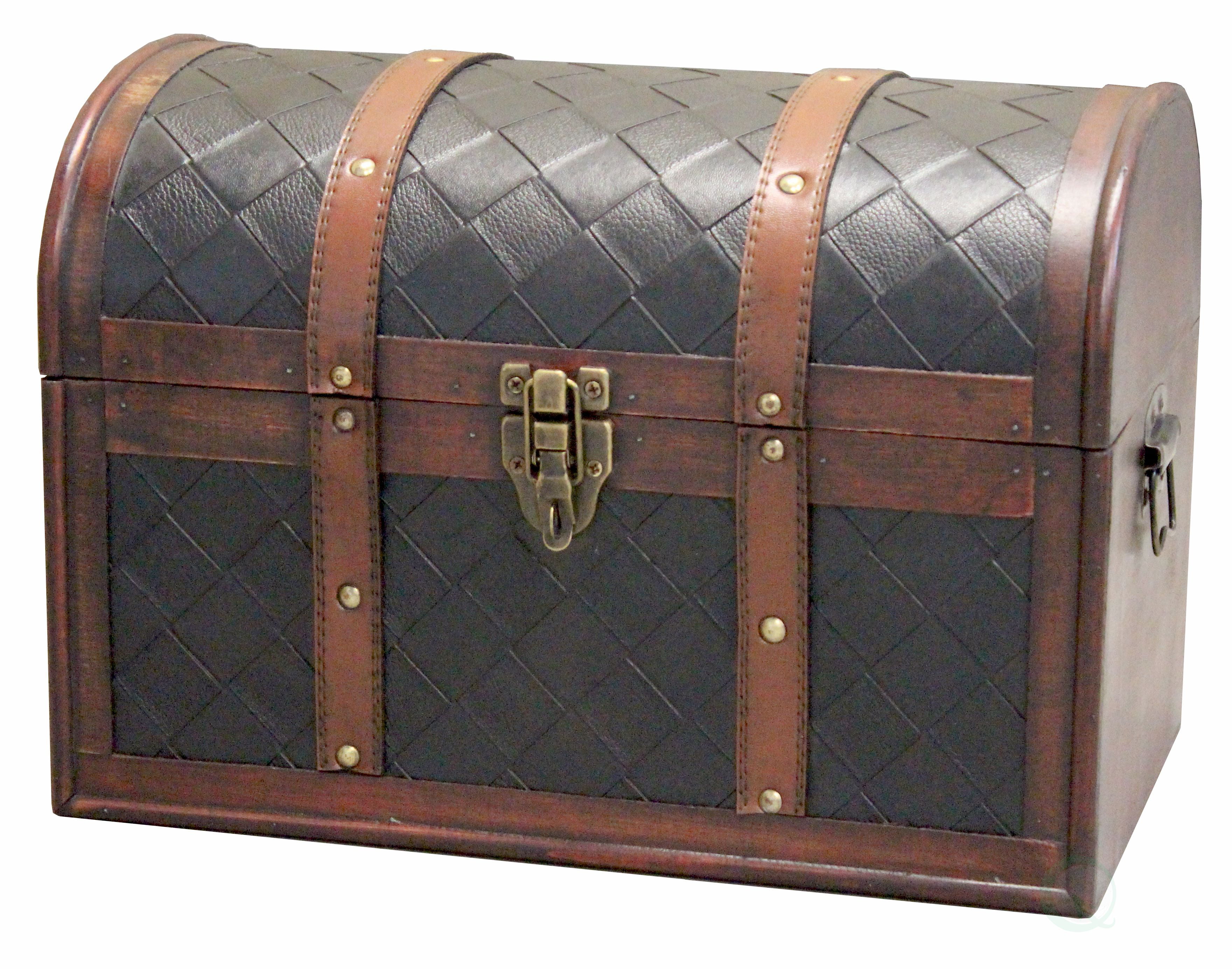

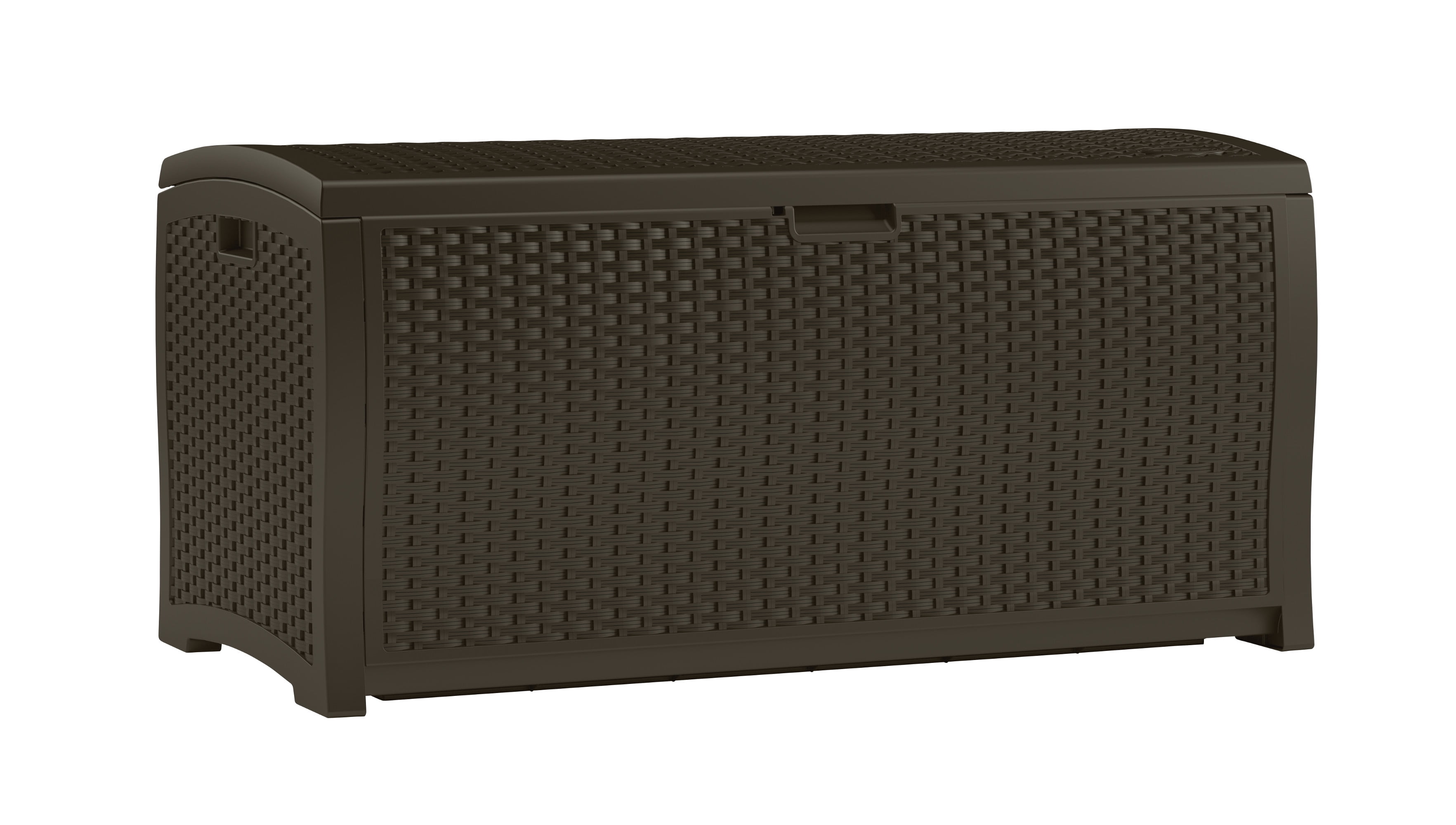

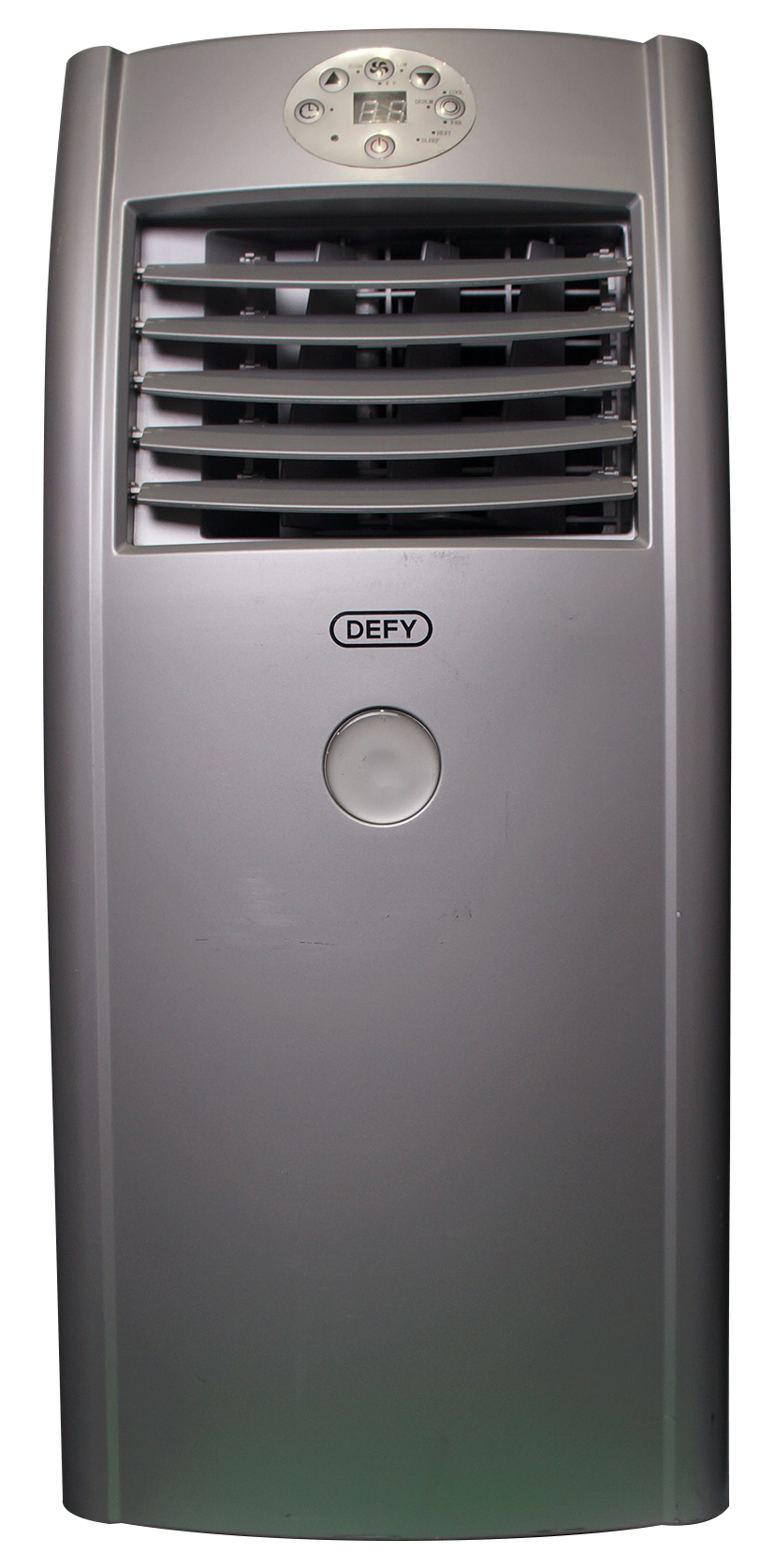

/appliancesalexeydudoladovGettyImages-171589331-57b37c3c5f9b58b5c2cb819c.jpg)
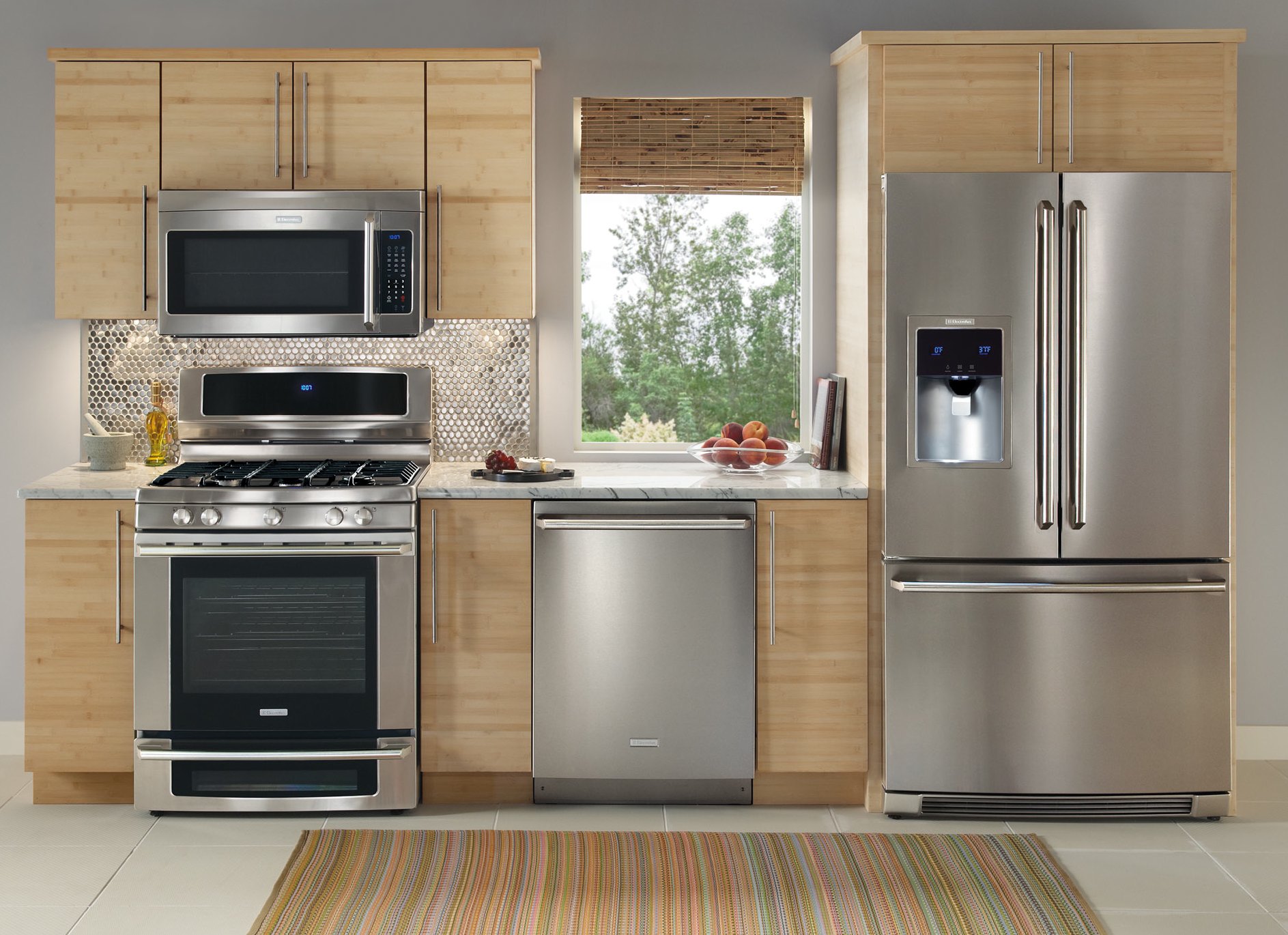

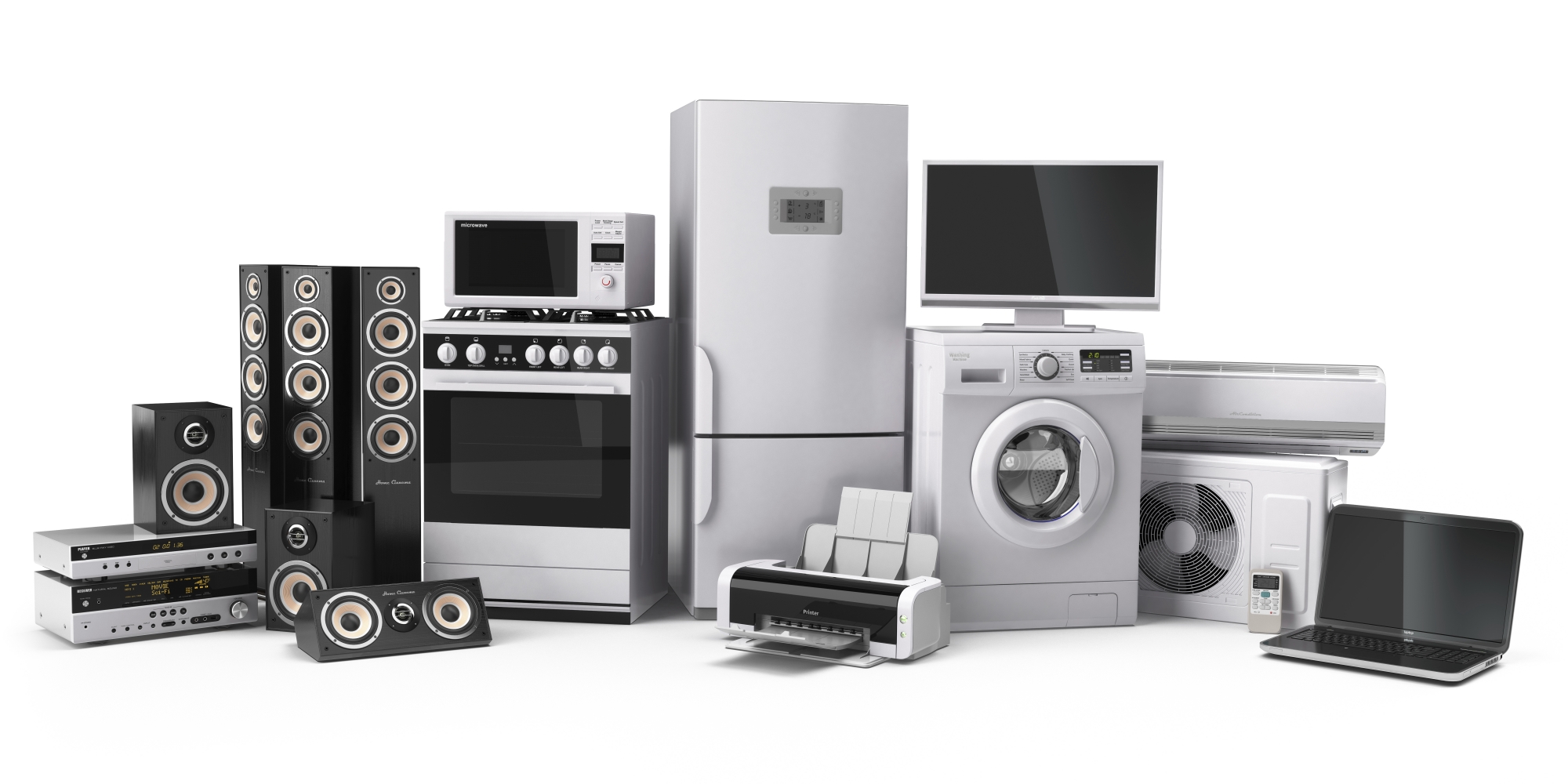
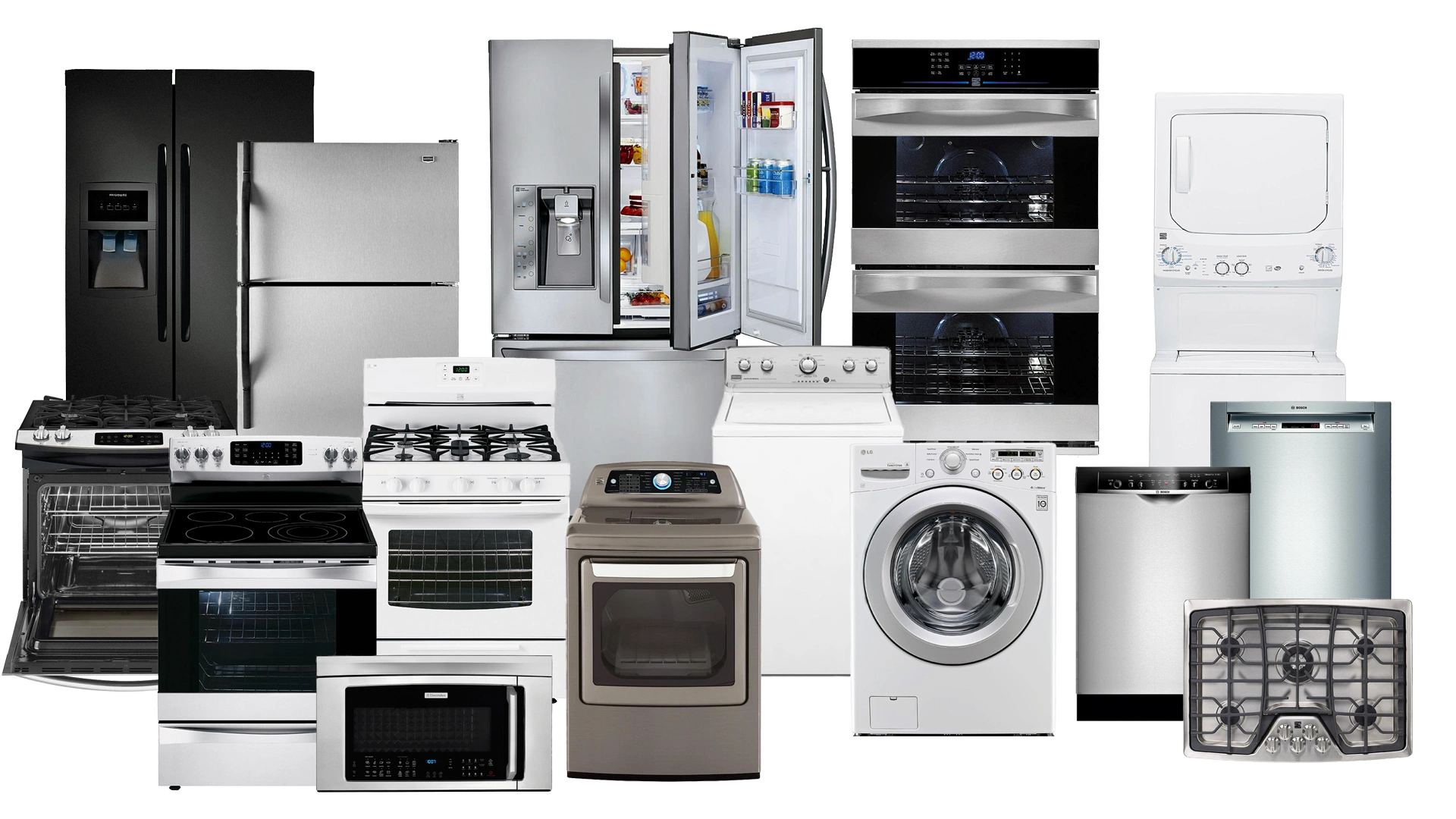

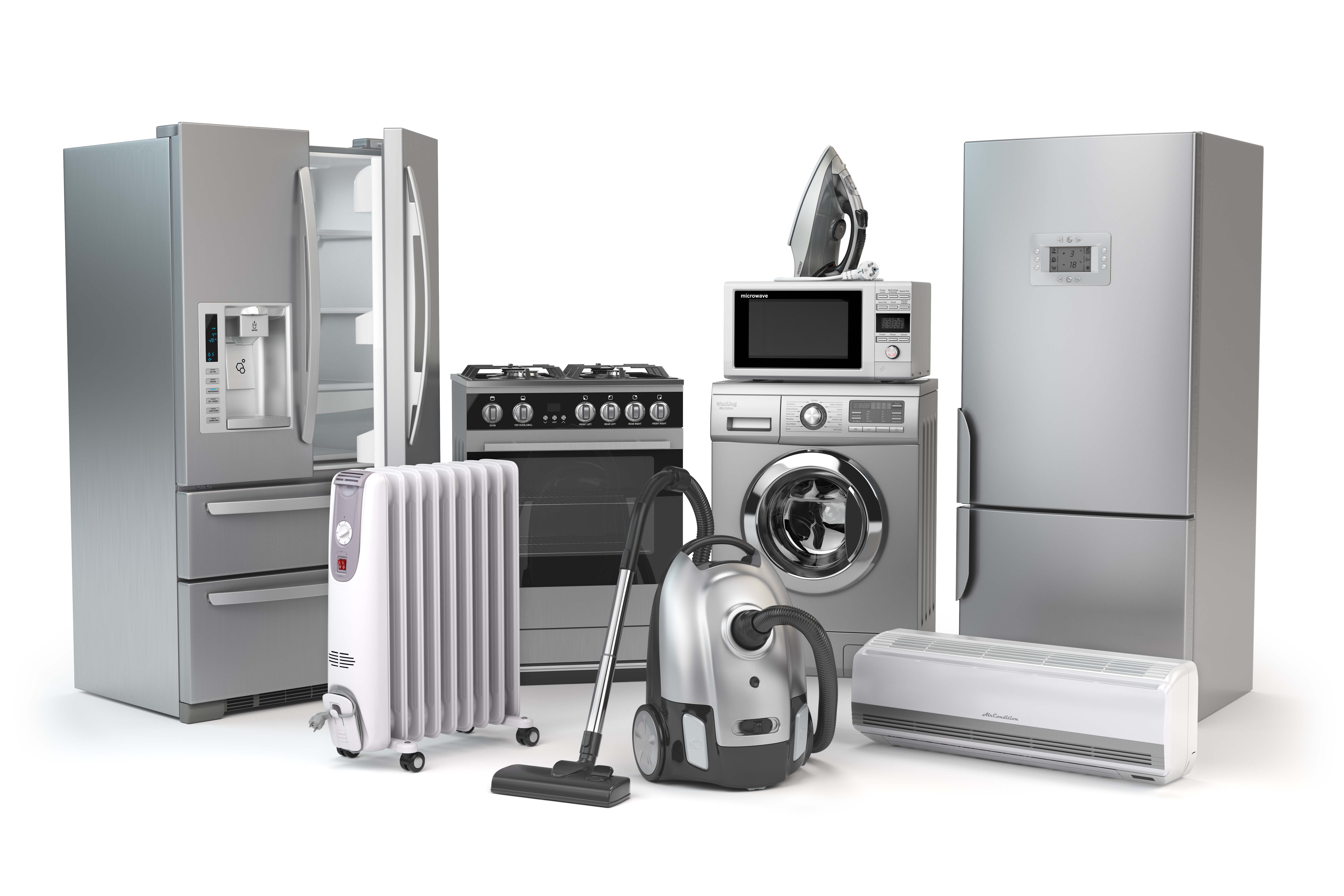
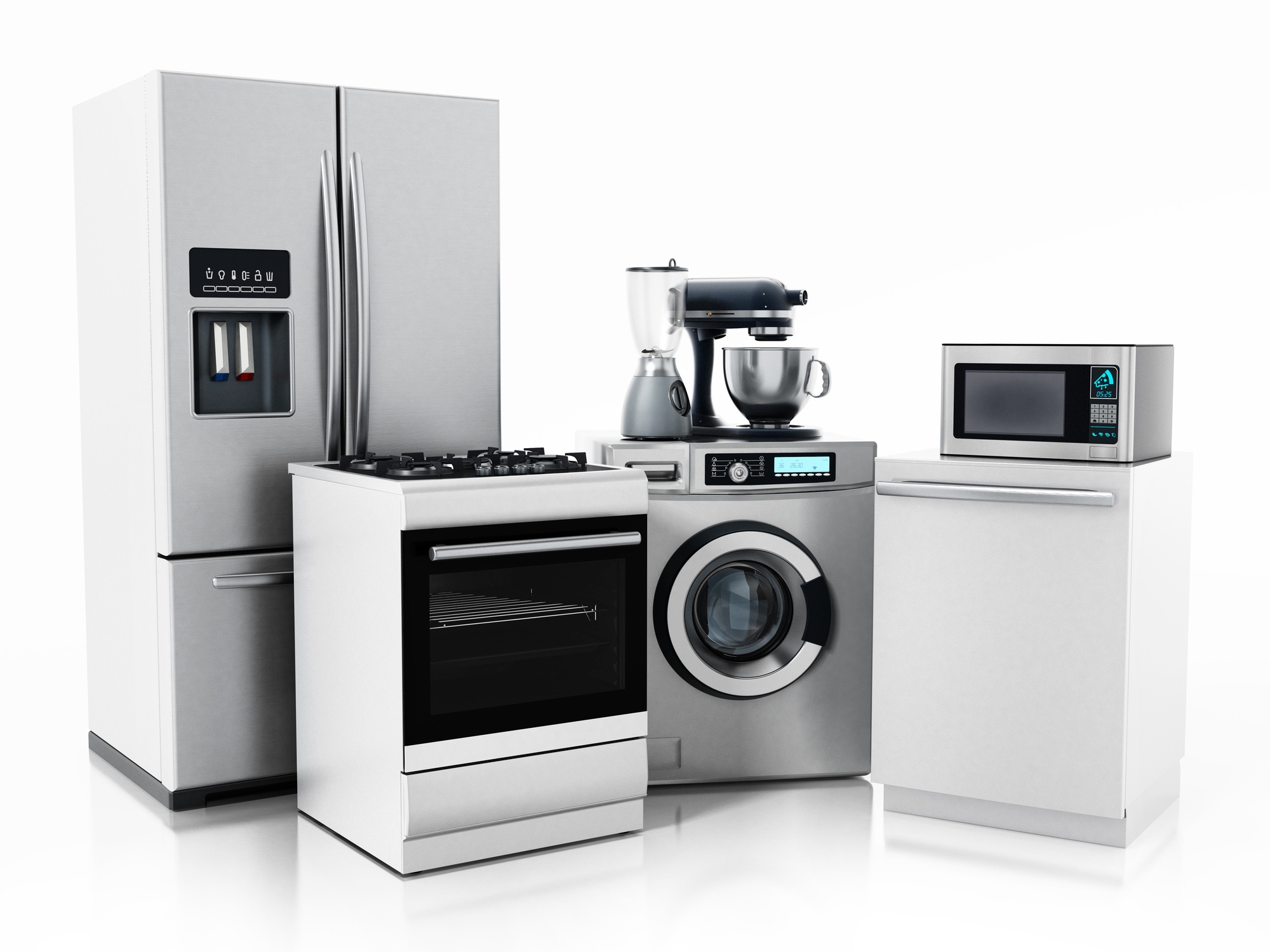

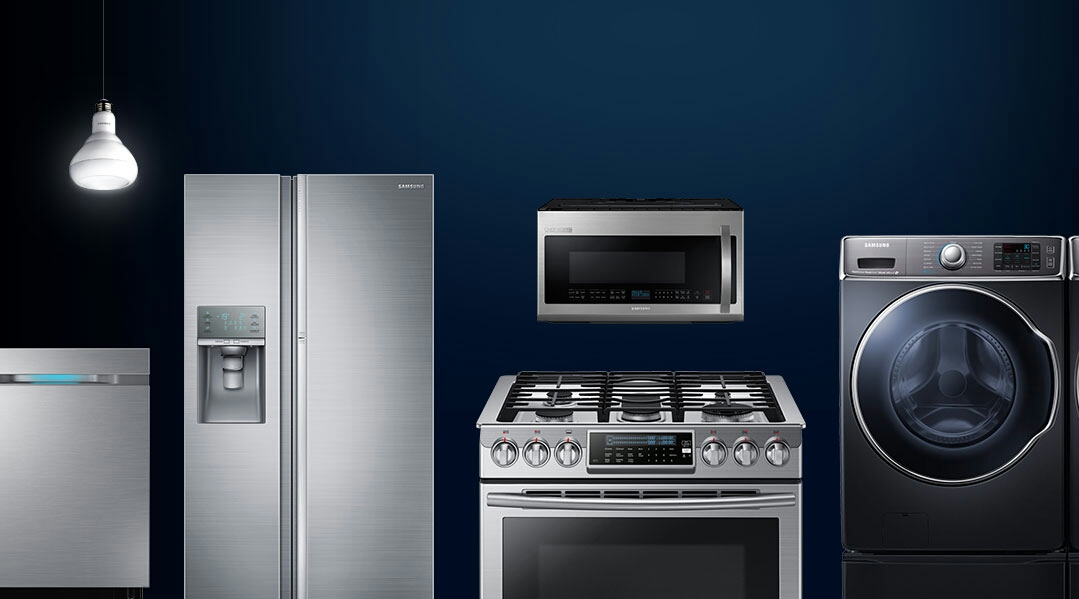
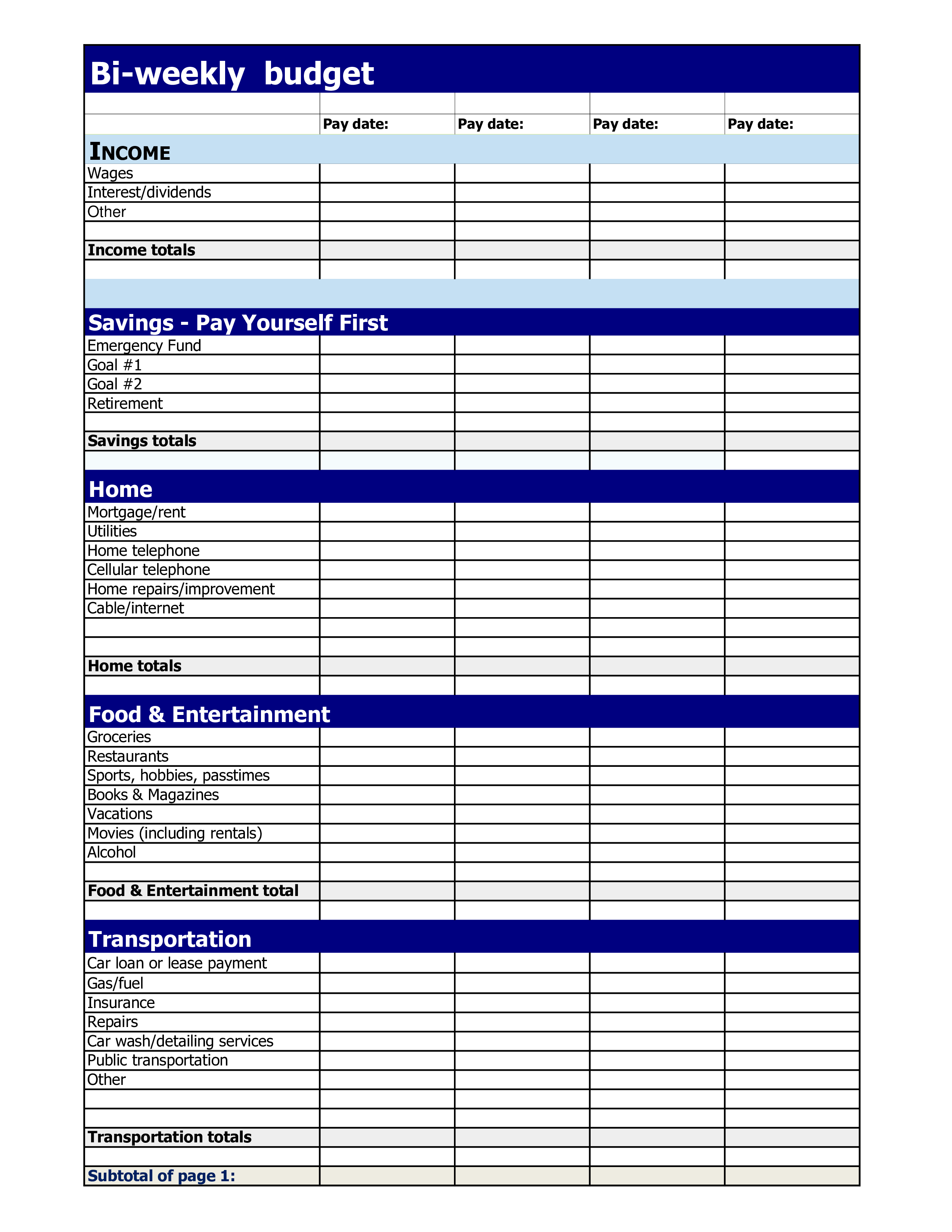
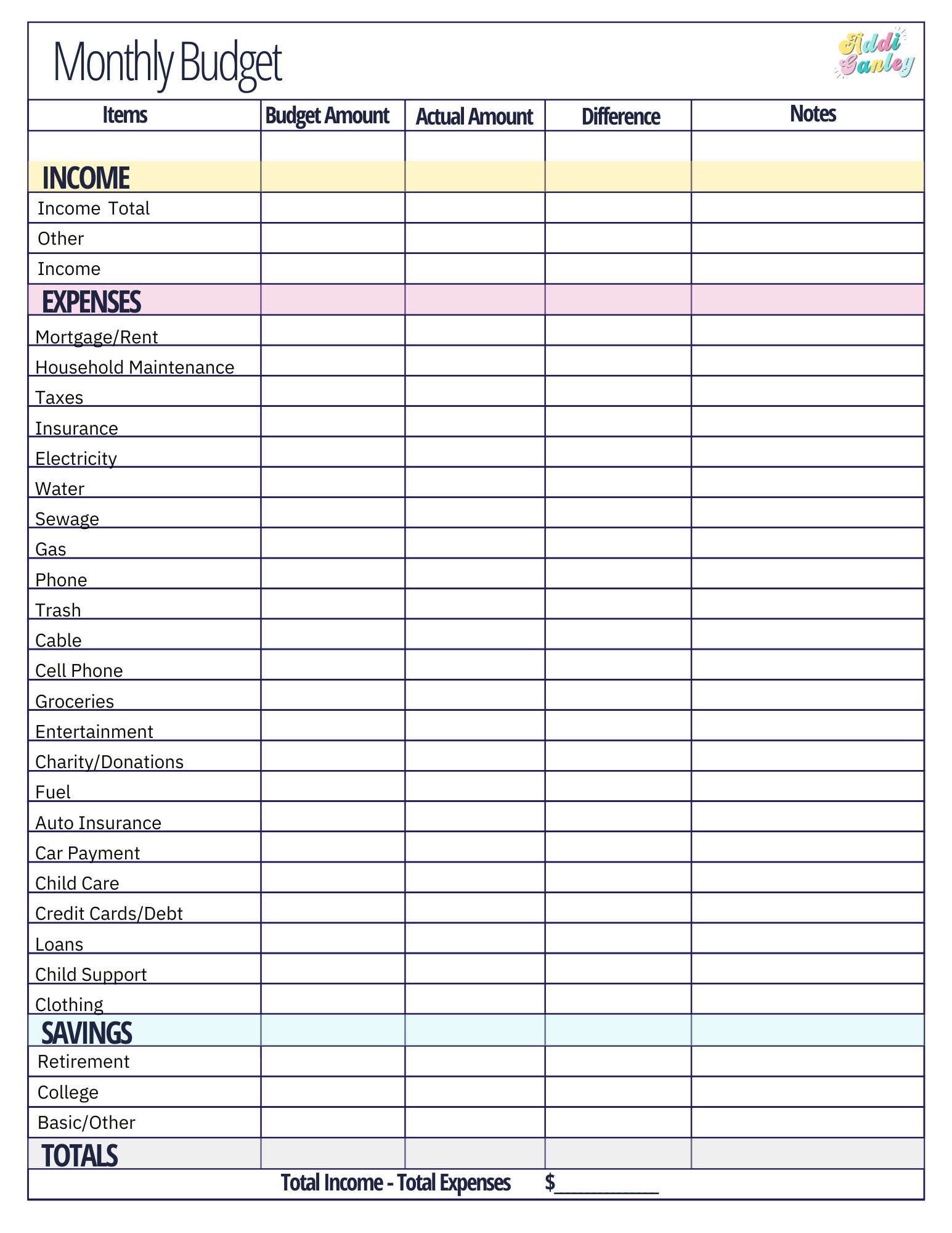

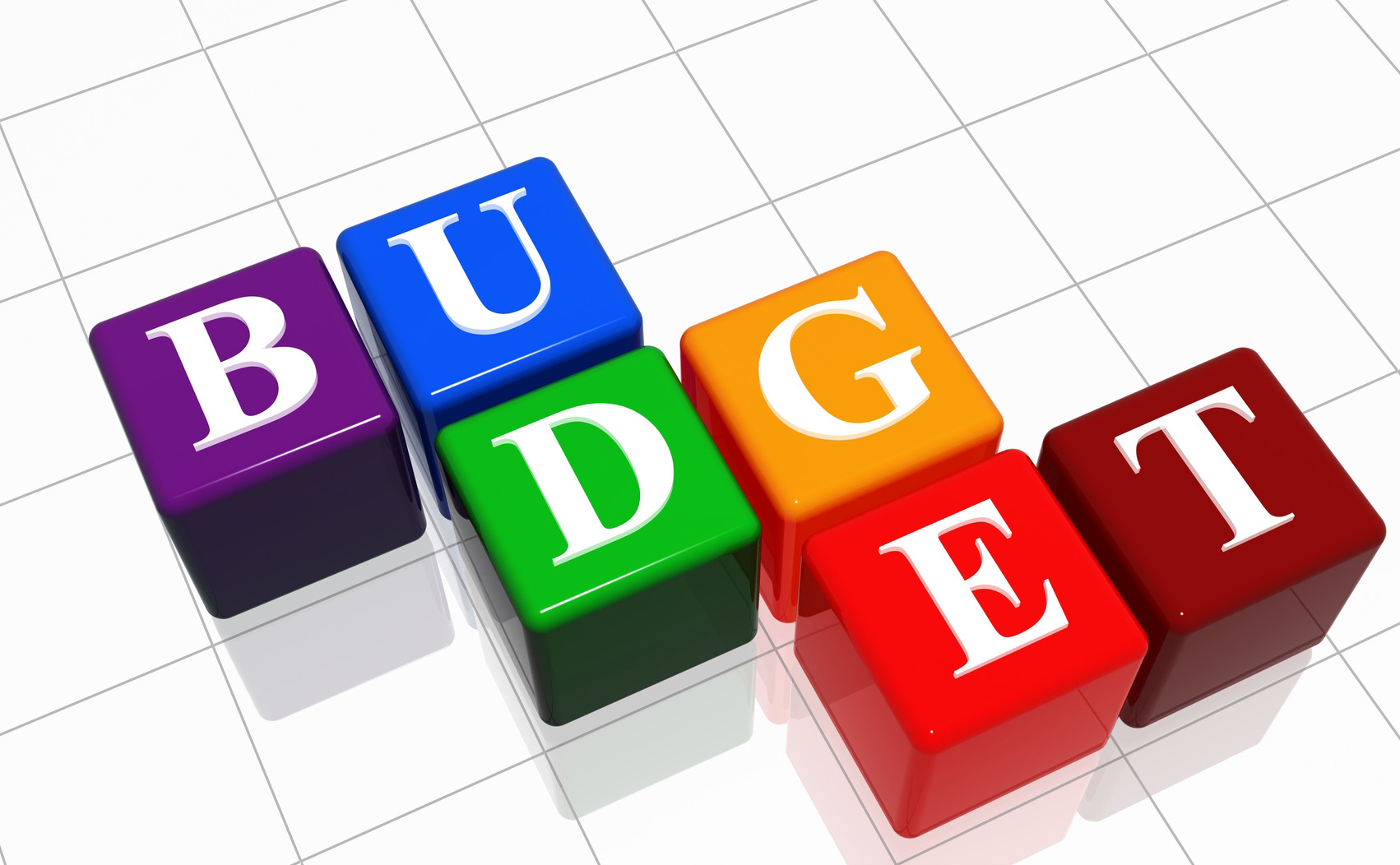


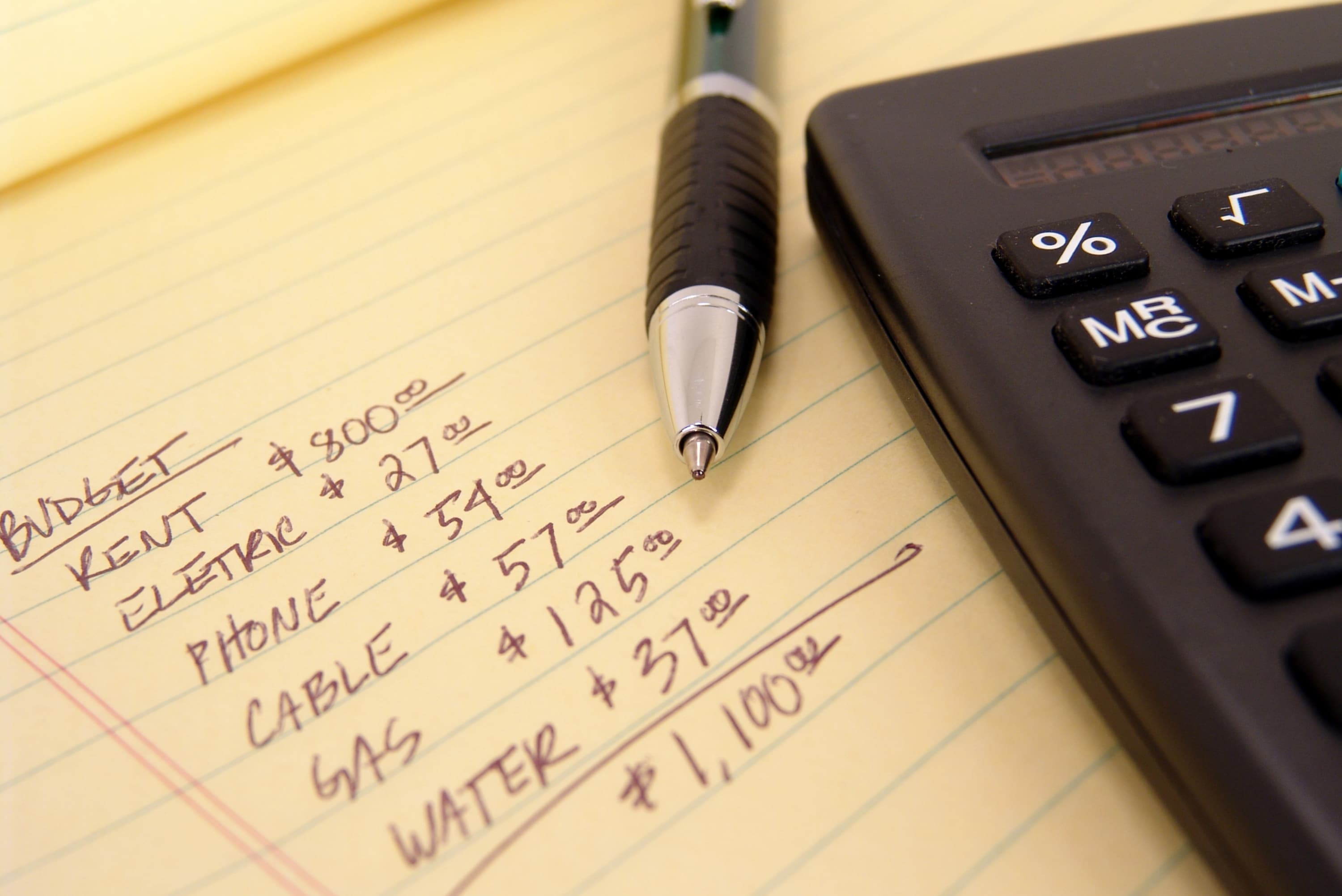


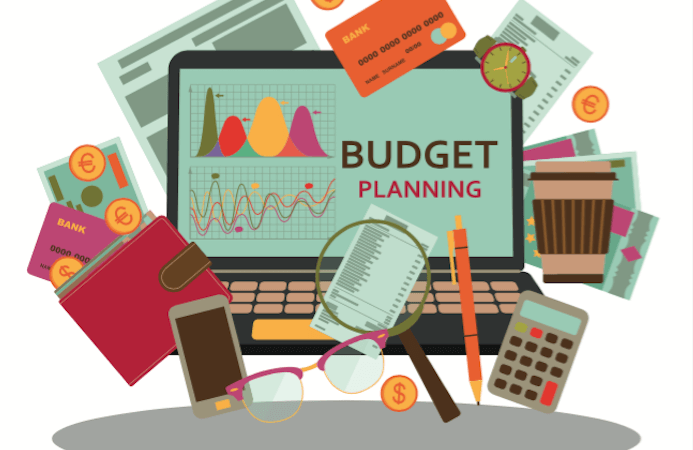
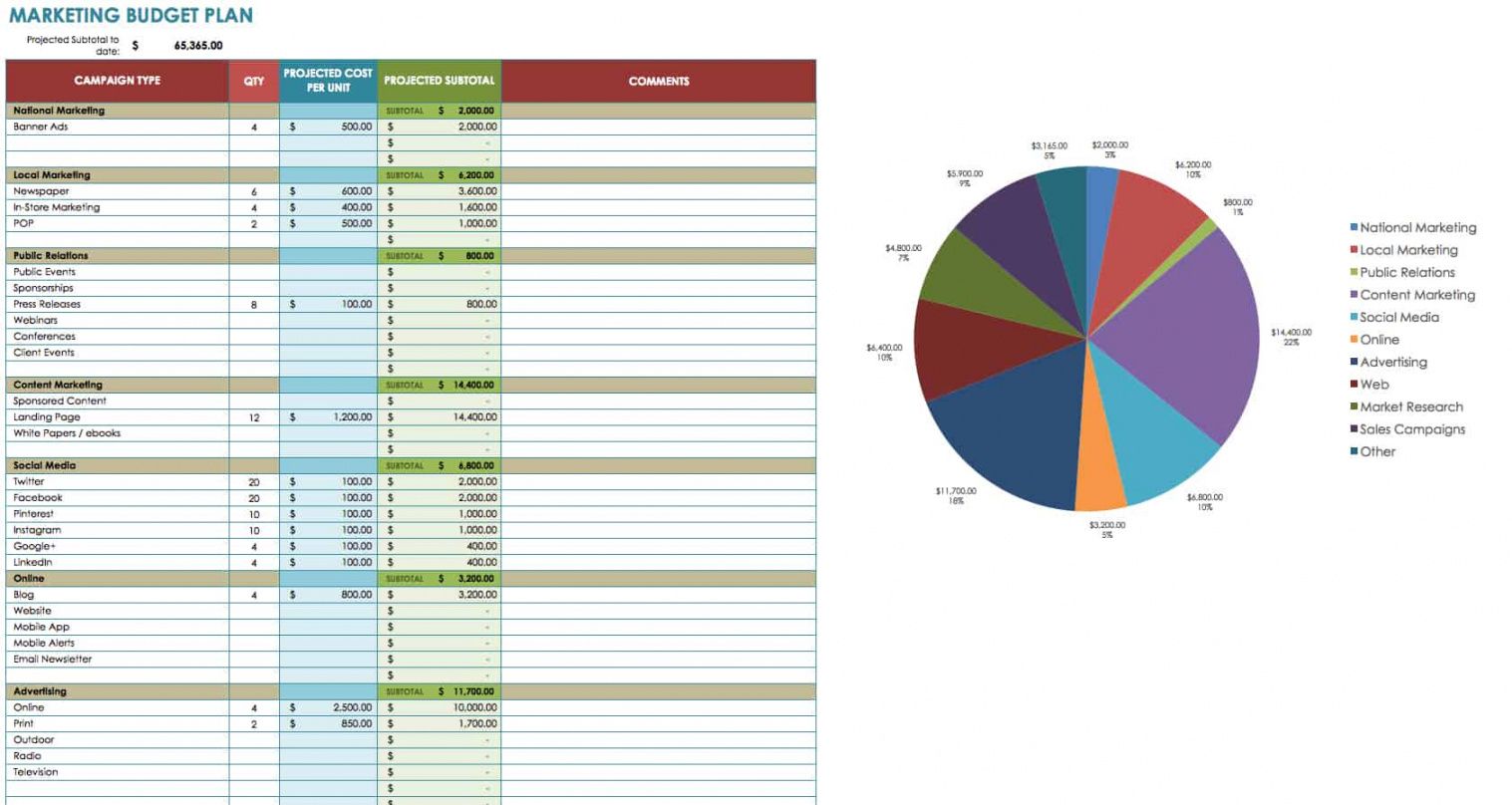









:max_bytes(150000):strip_icc()/071521_personal_style_lead2-30025333eef4485c901ff5f2782a6563.jpg)



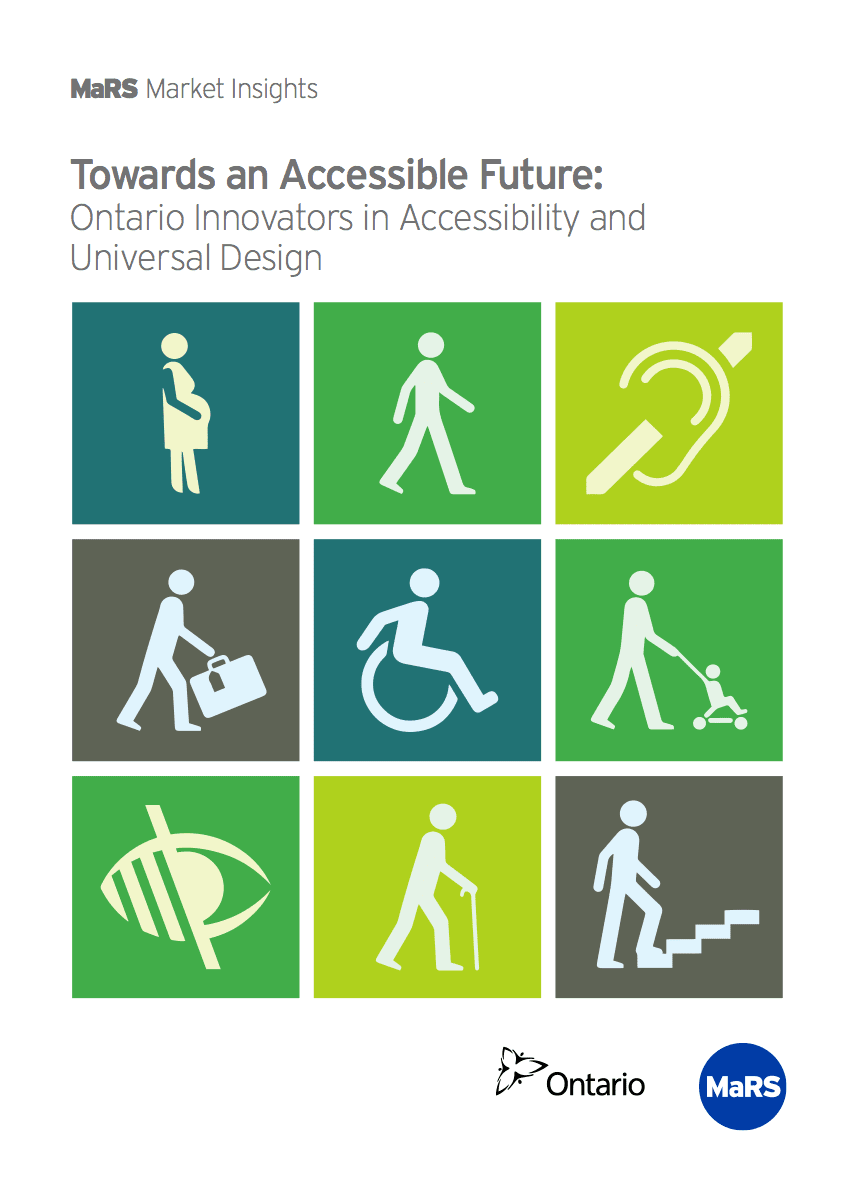

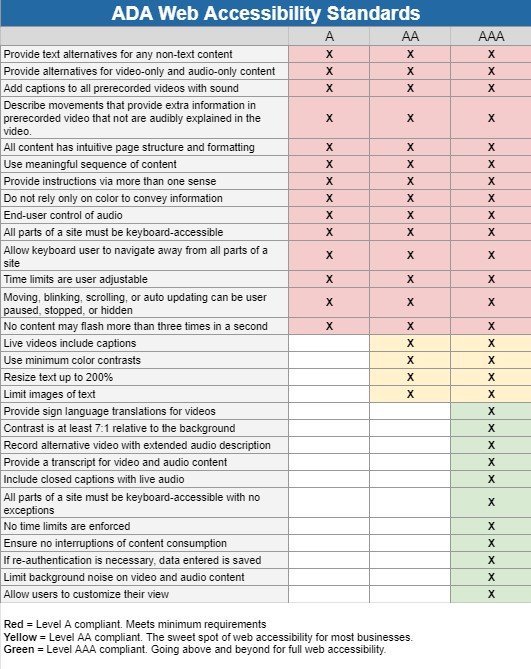




















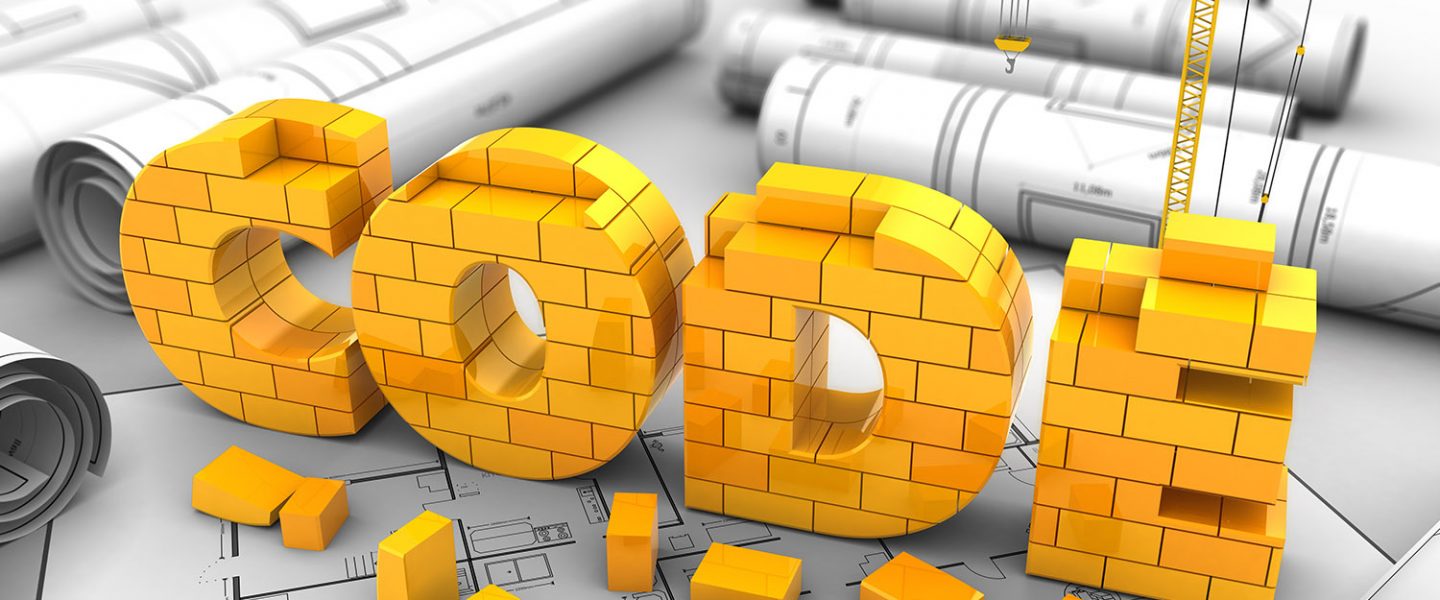
/cdn.vox-cdn.com/uploads/chorus_image/image/55992191/upcodes_building_code_regulations_reynolds_1.0.jpg)

